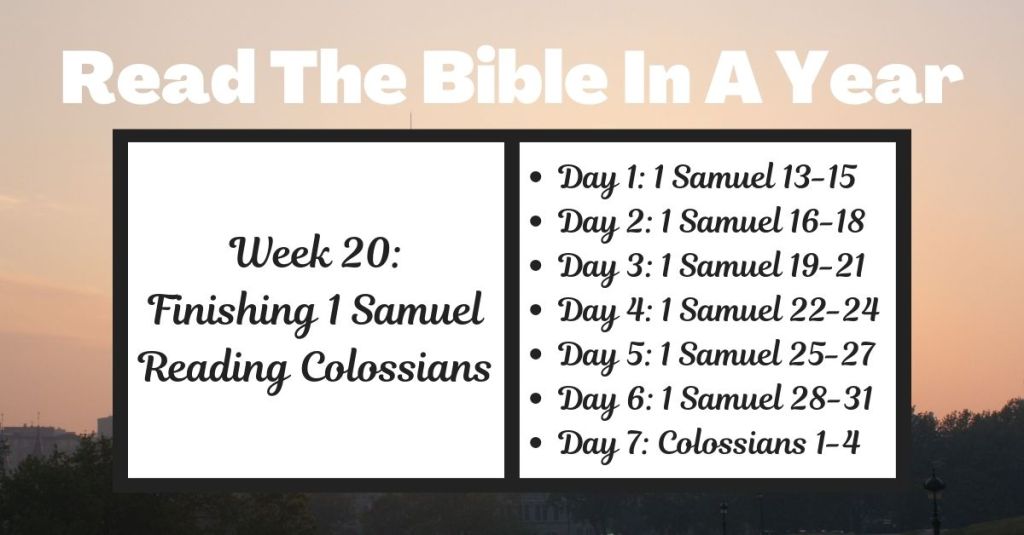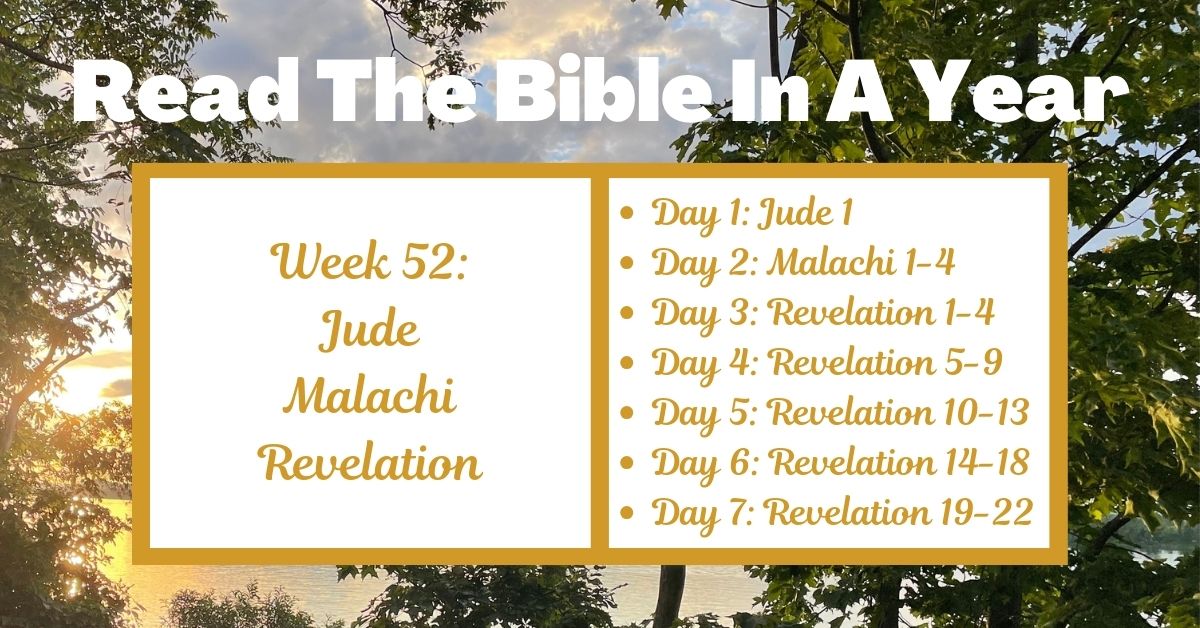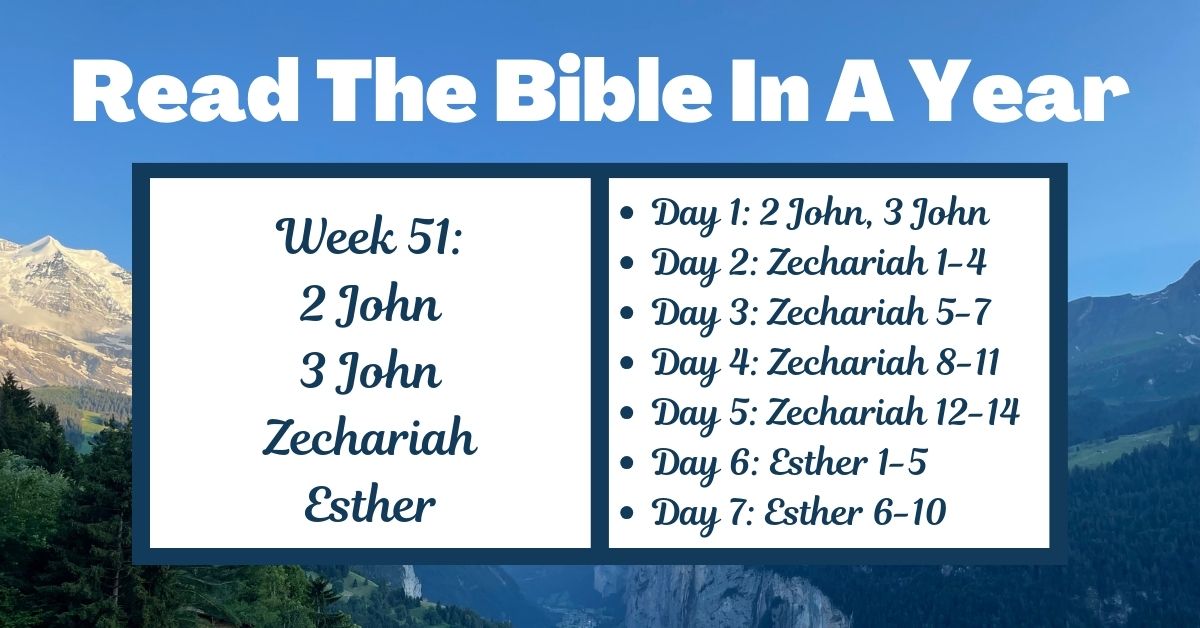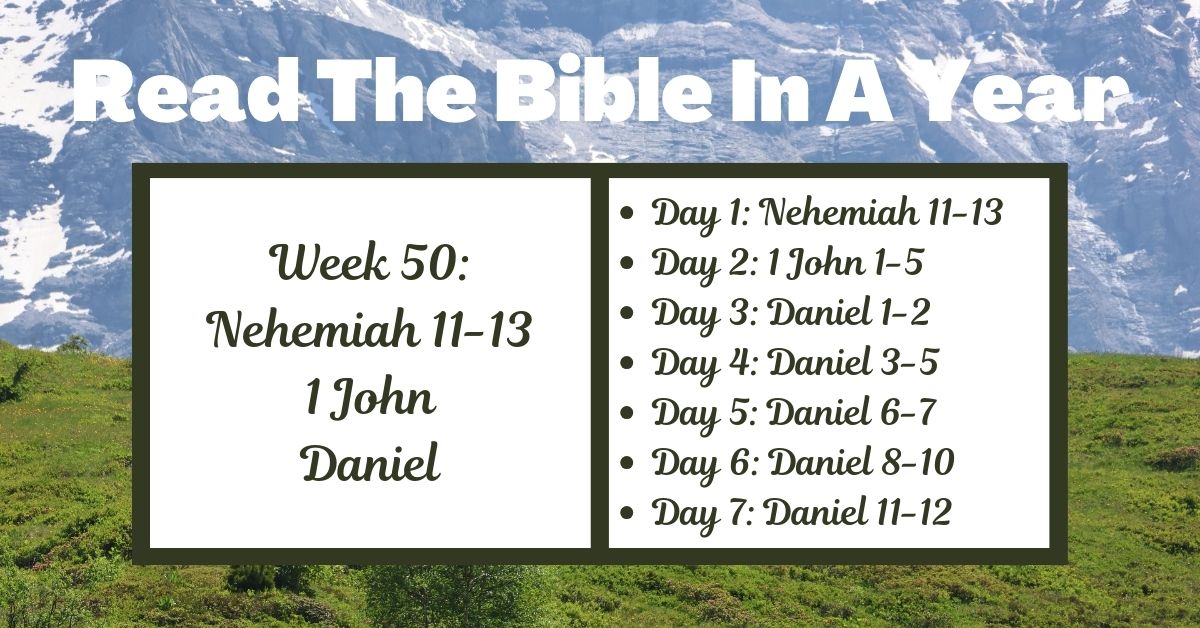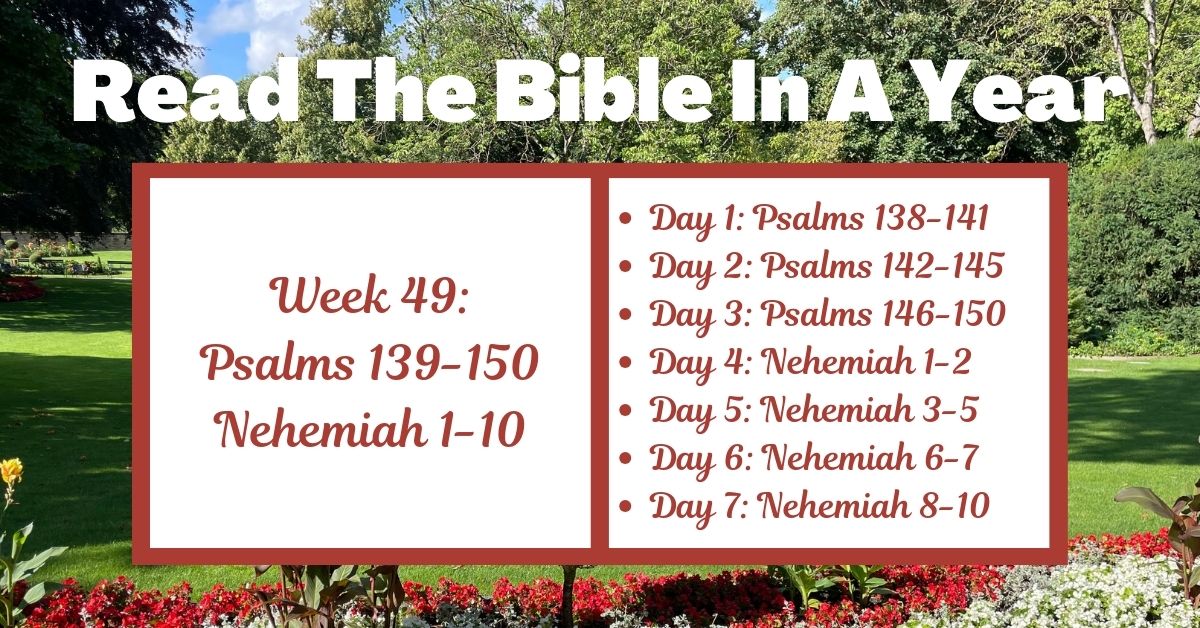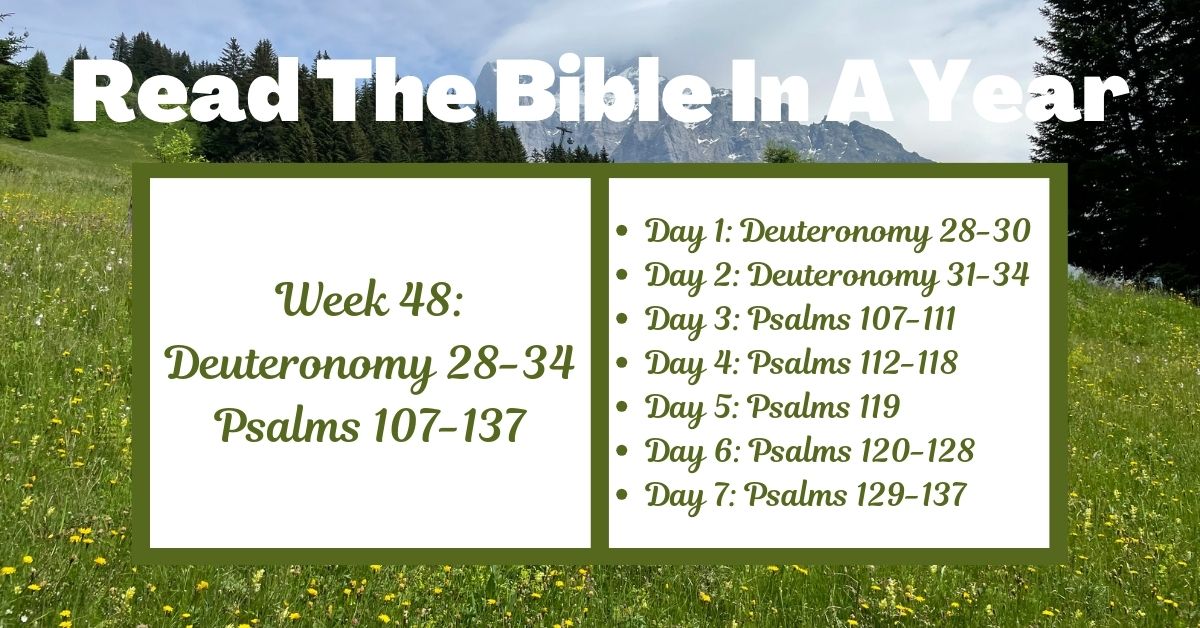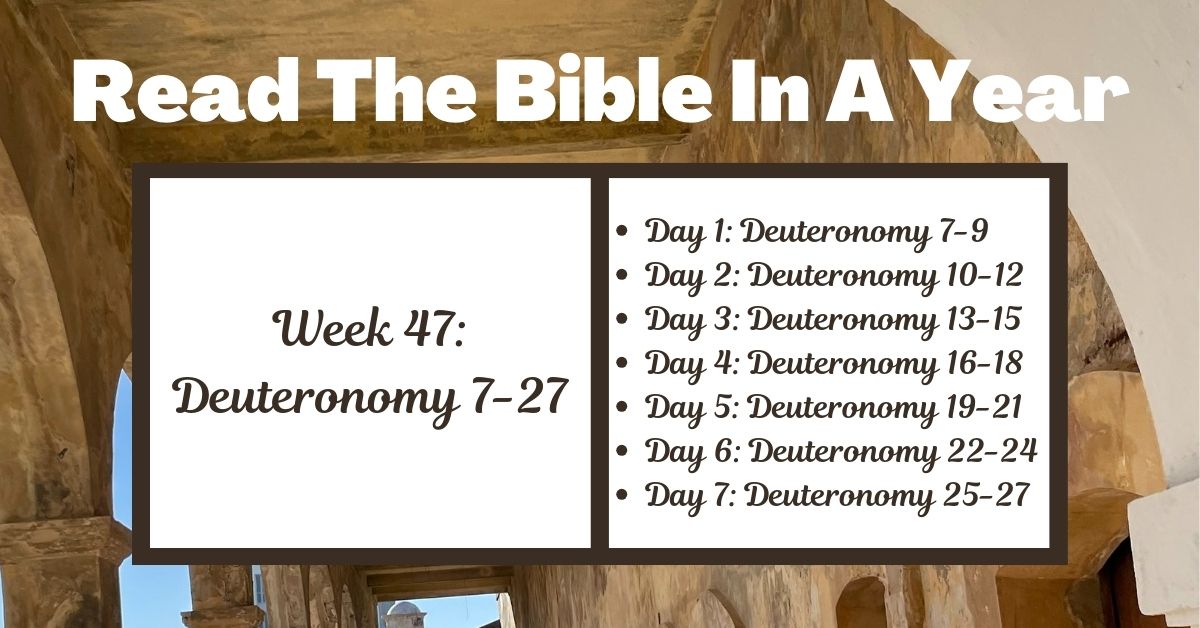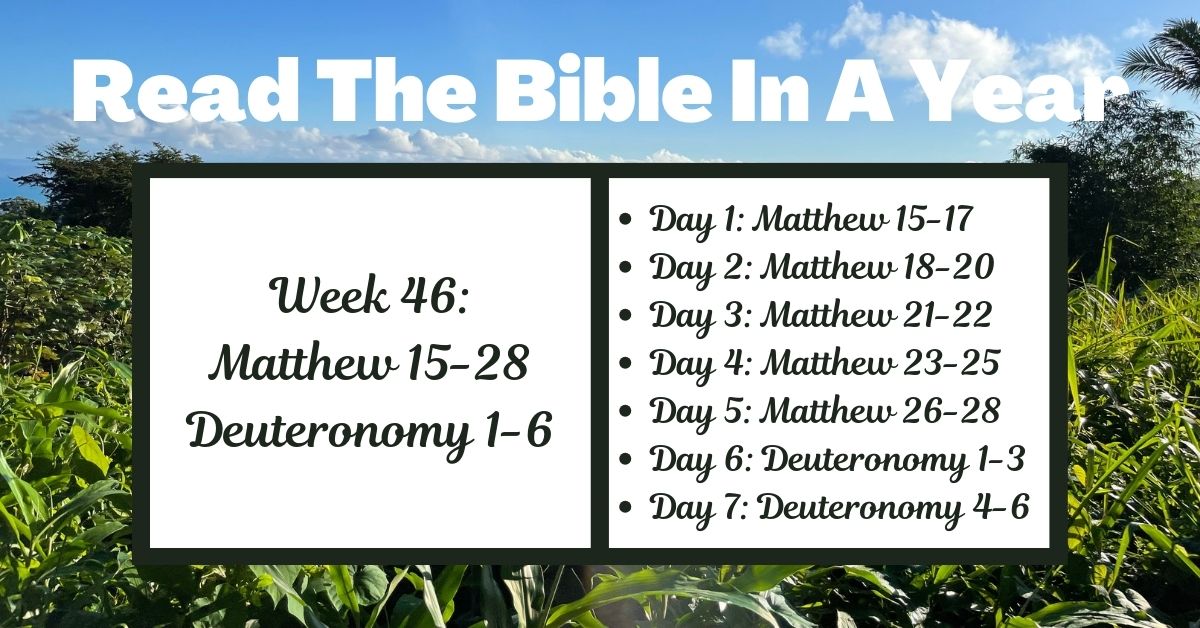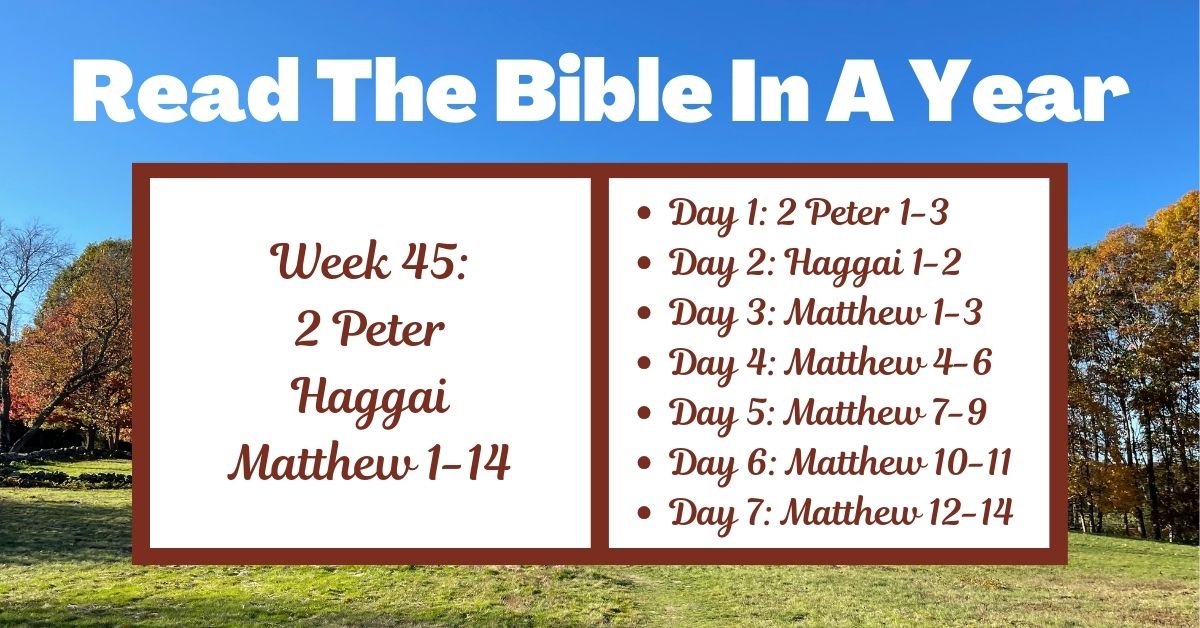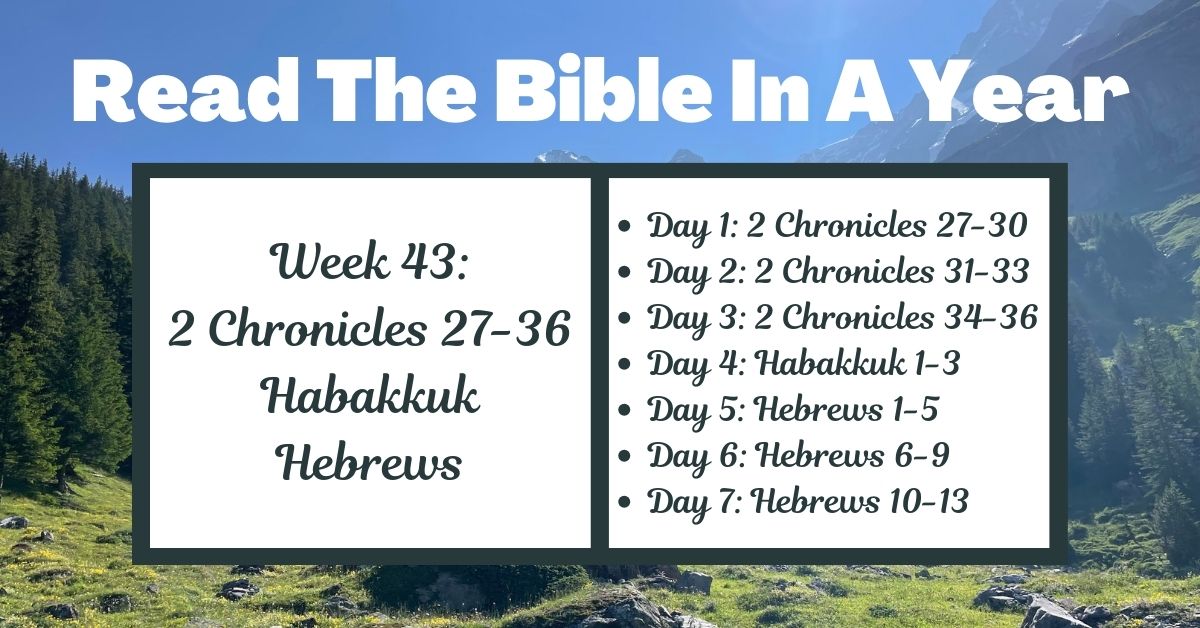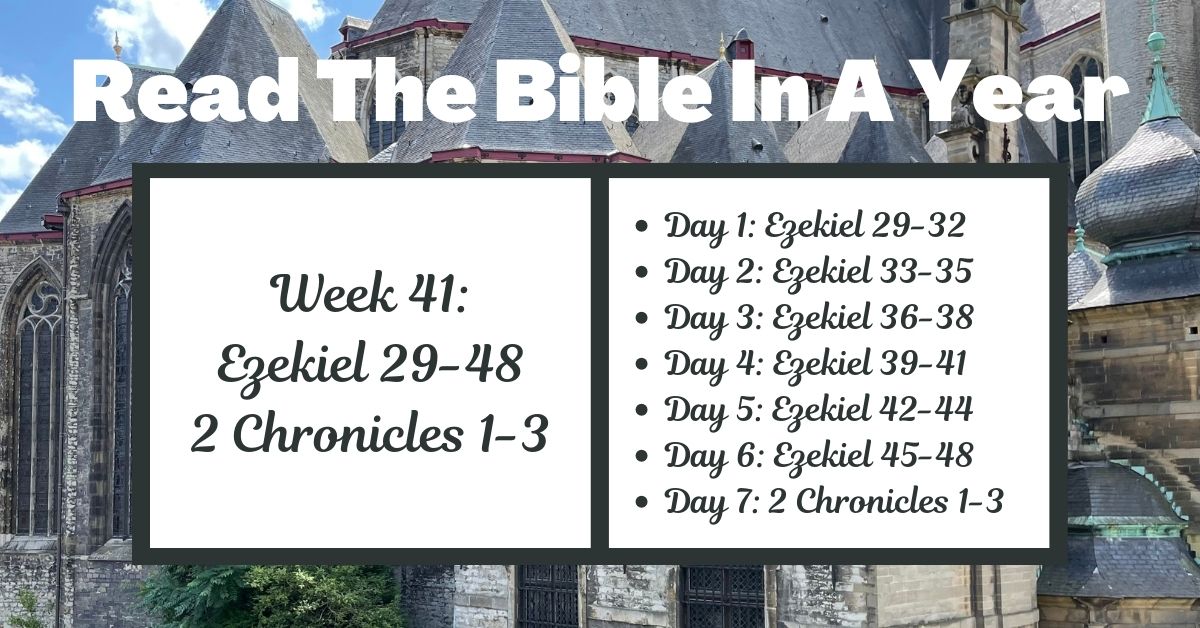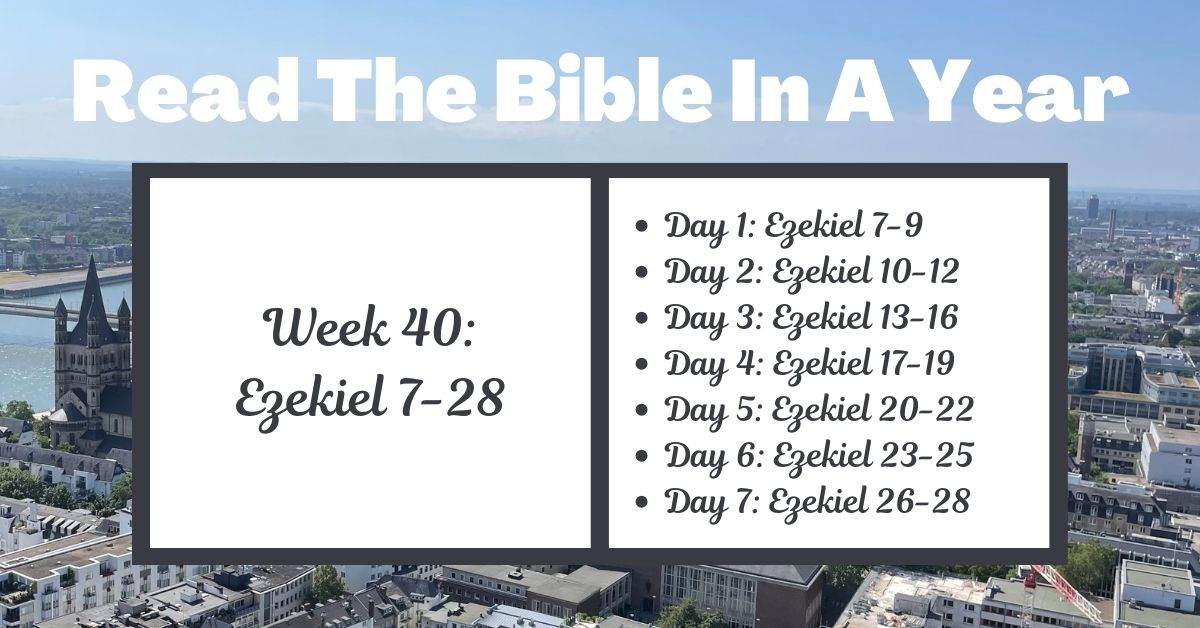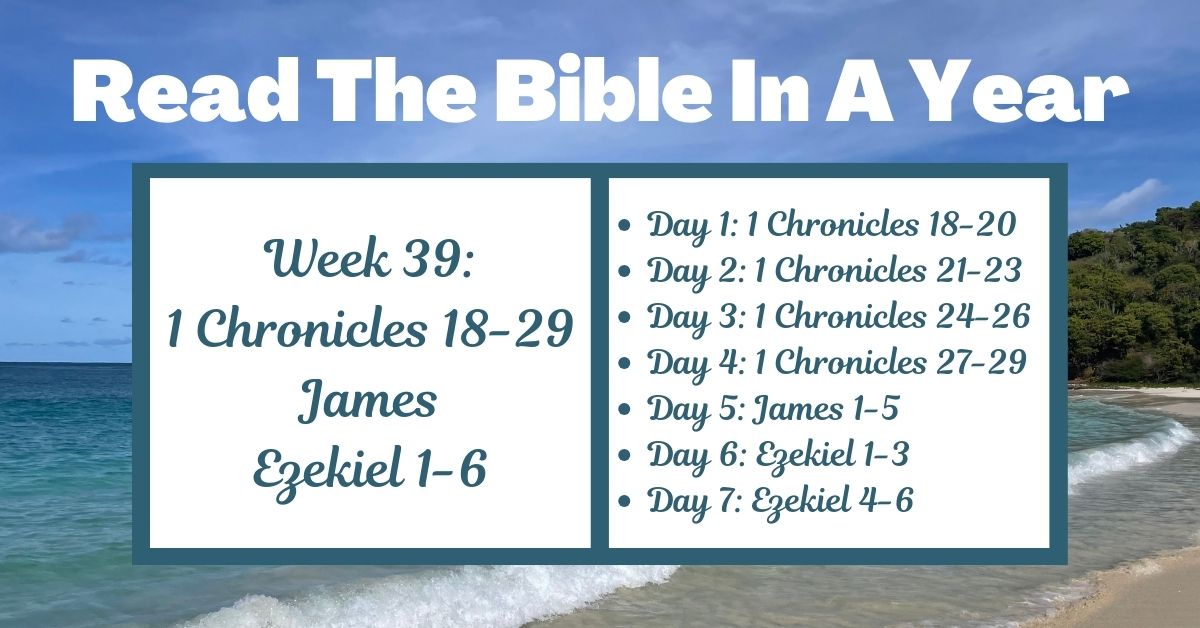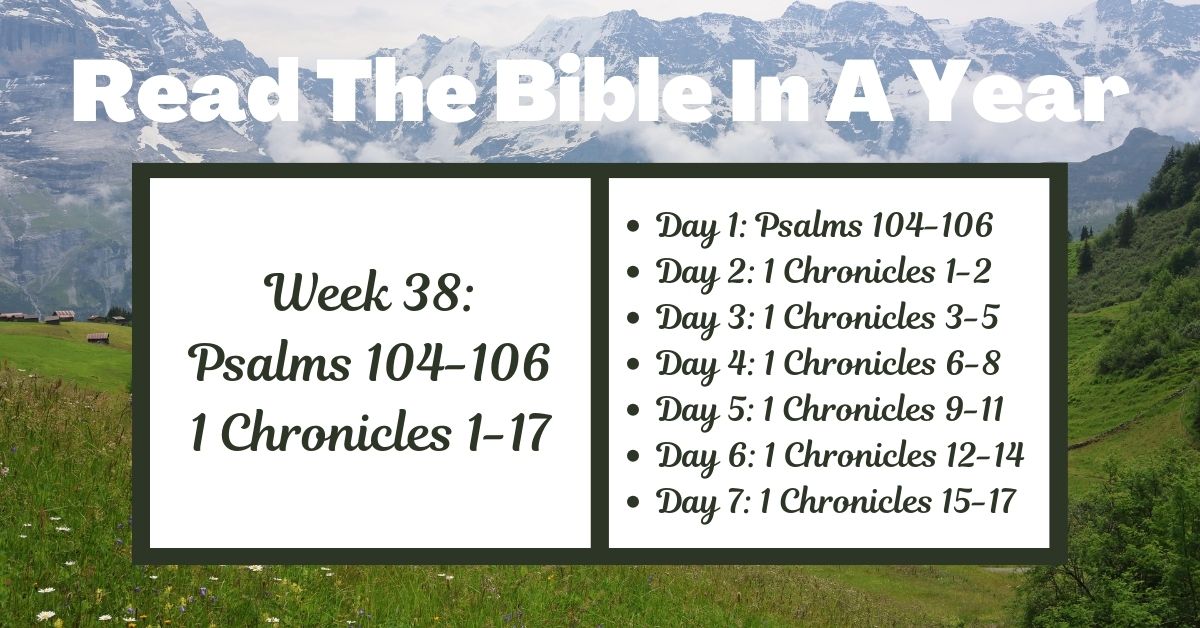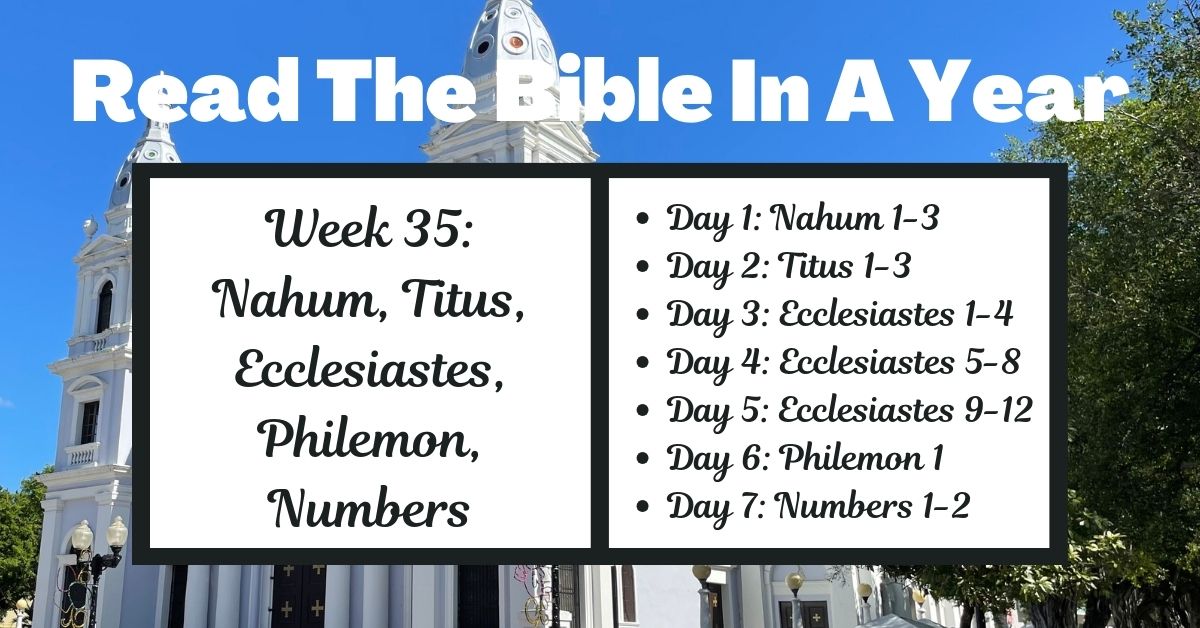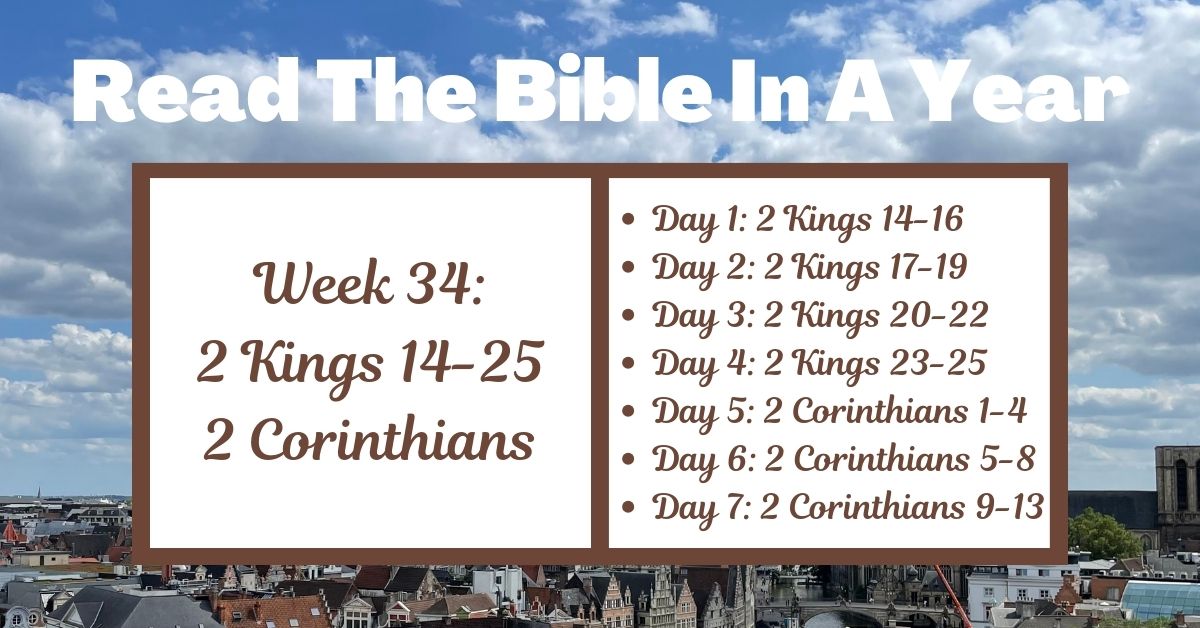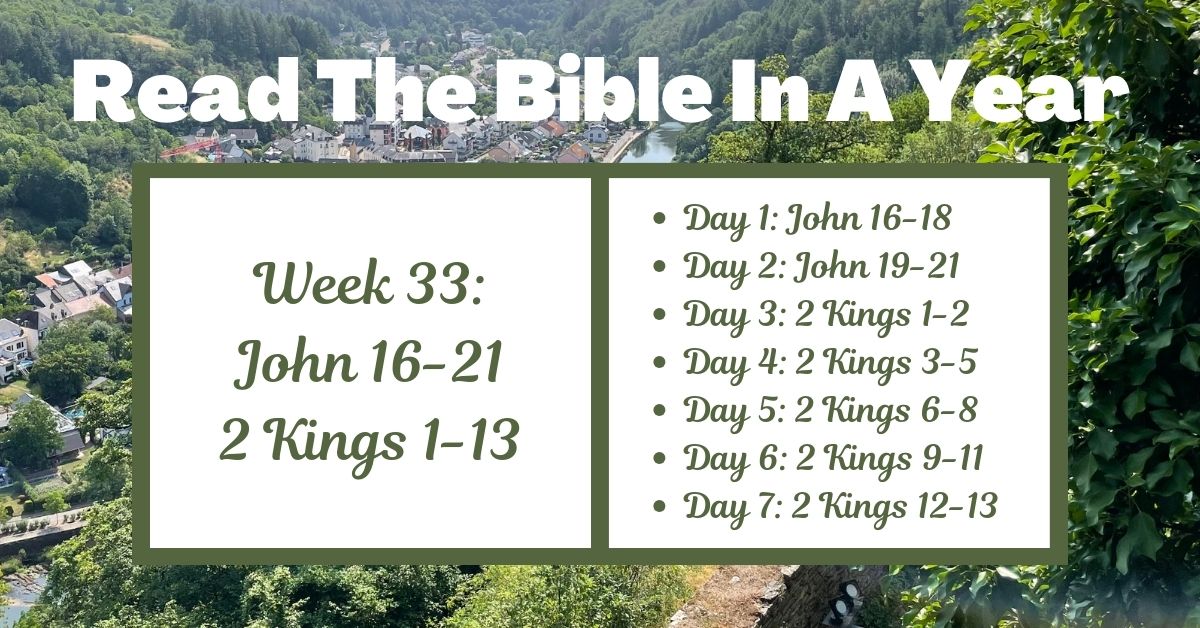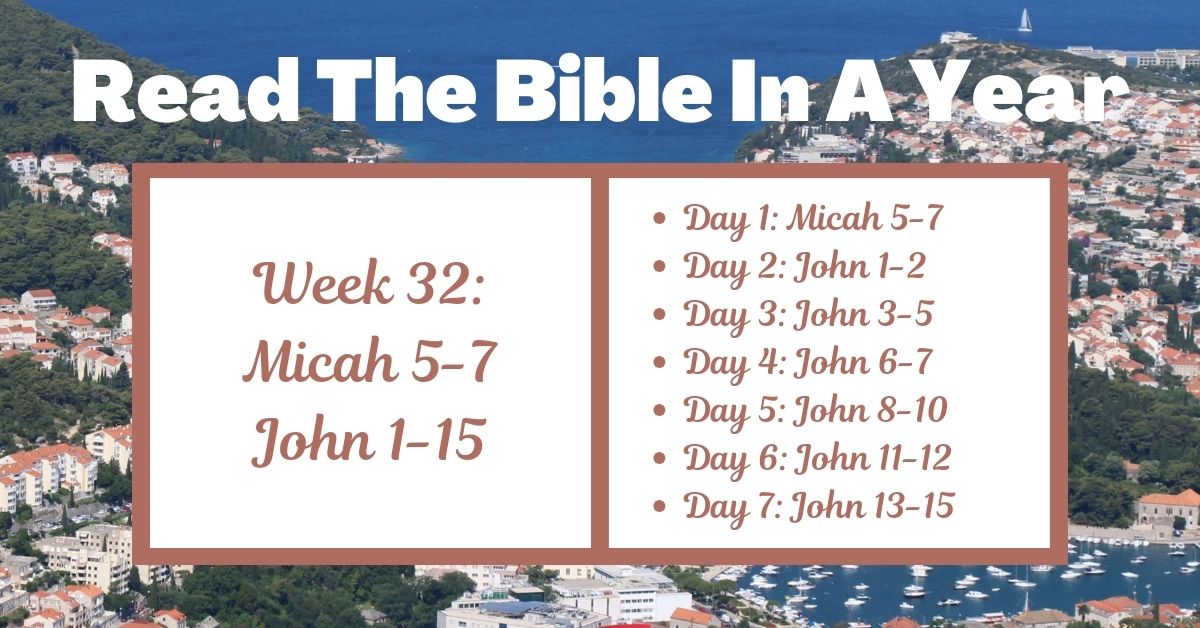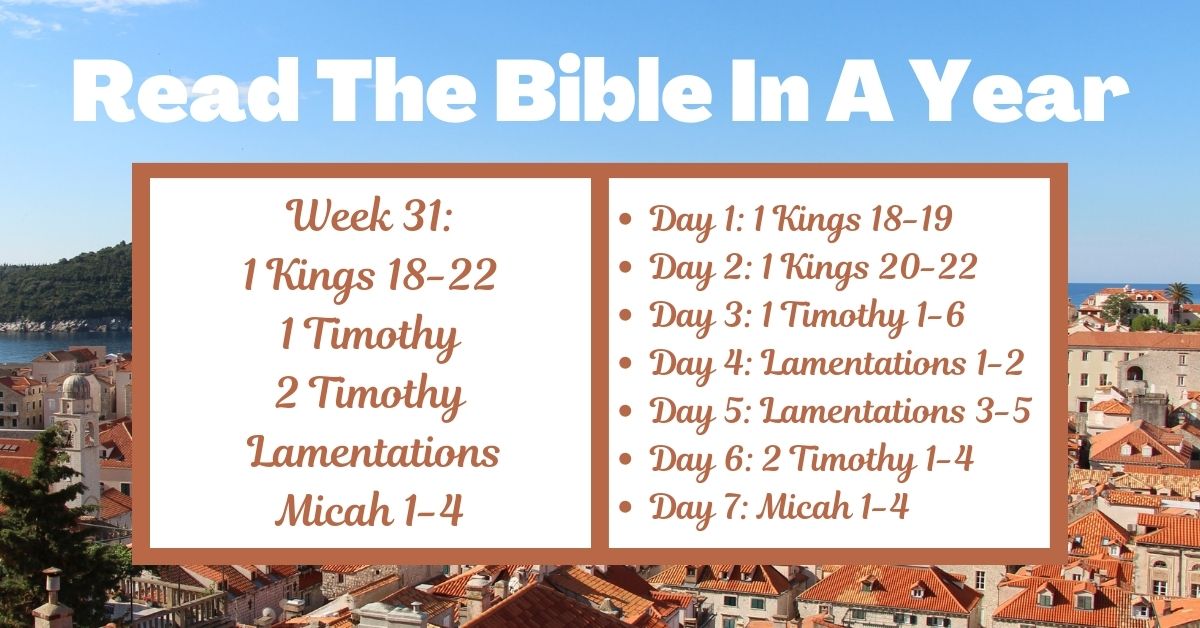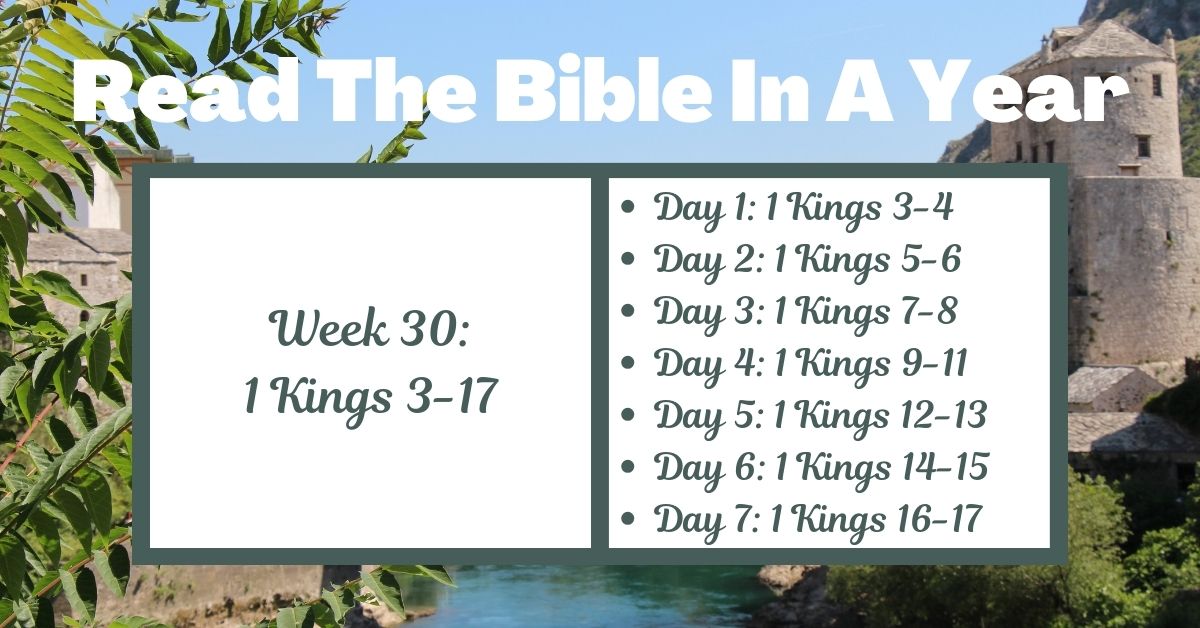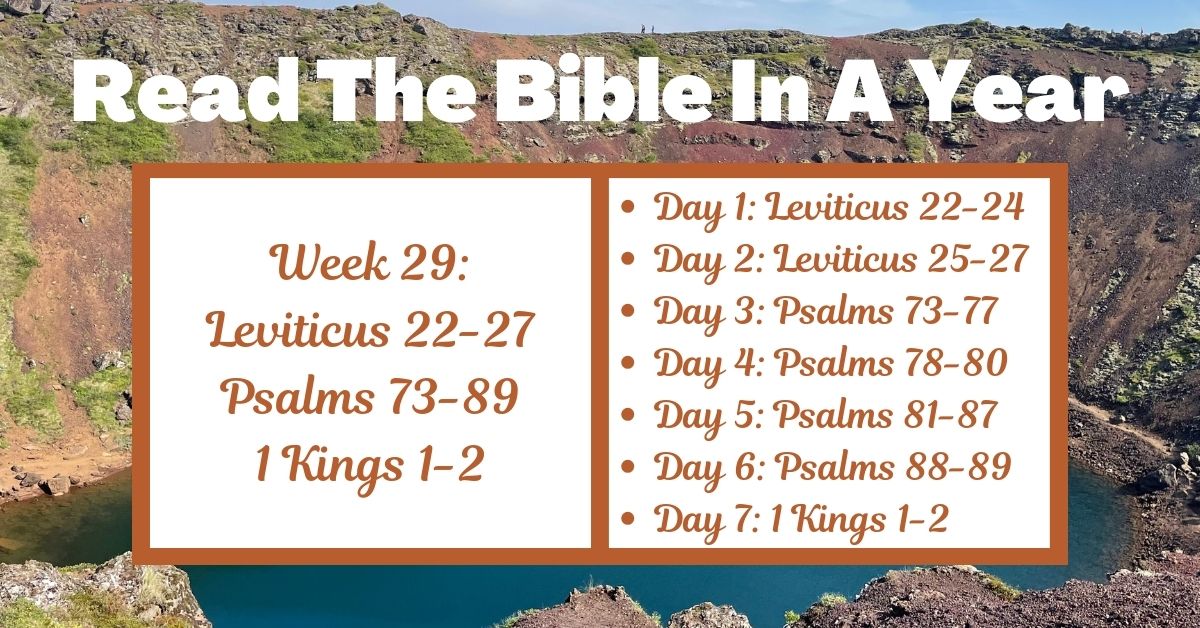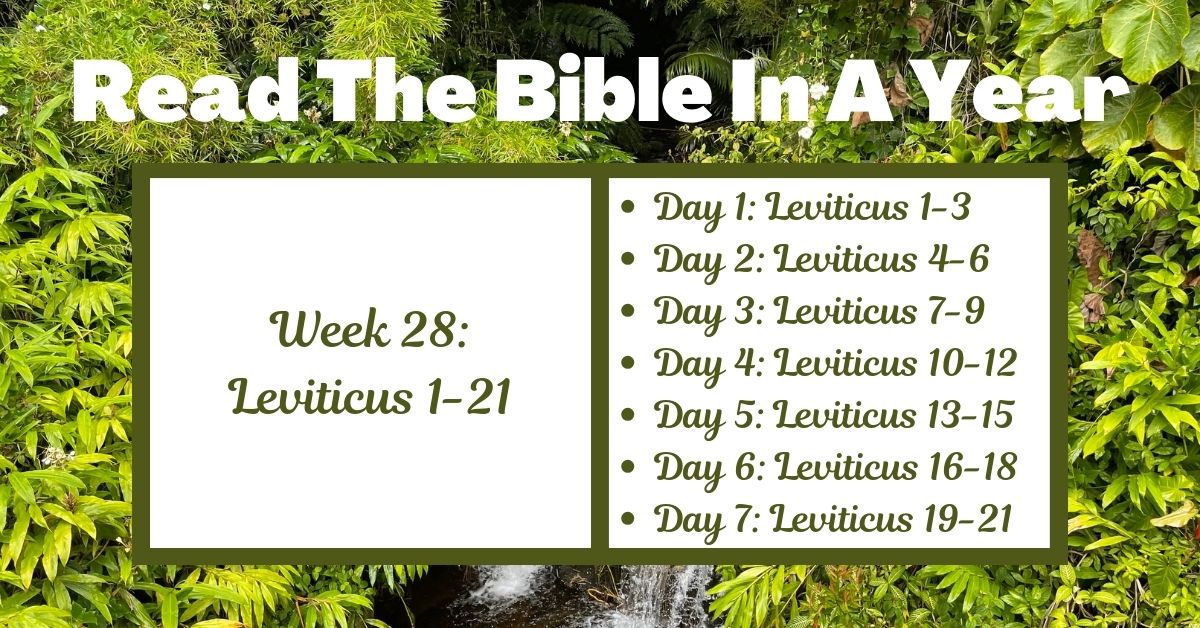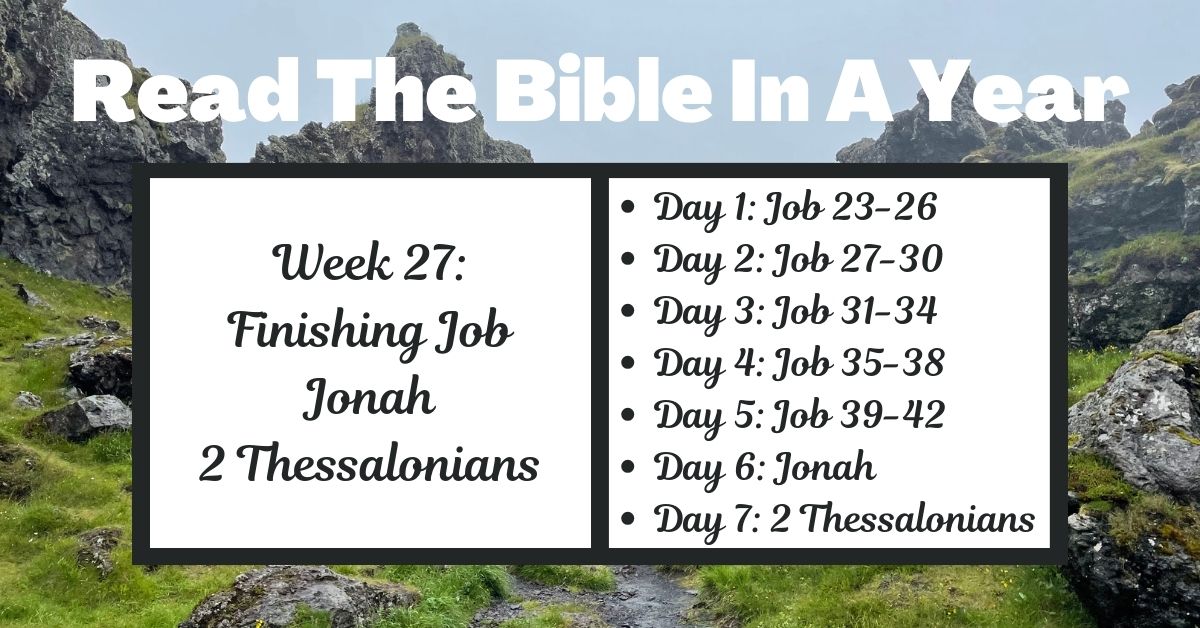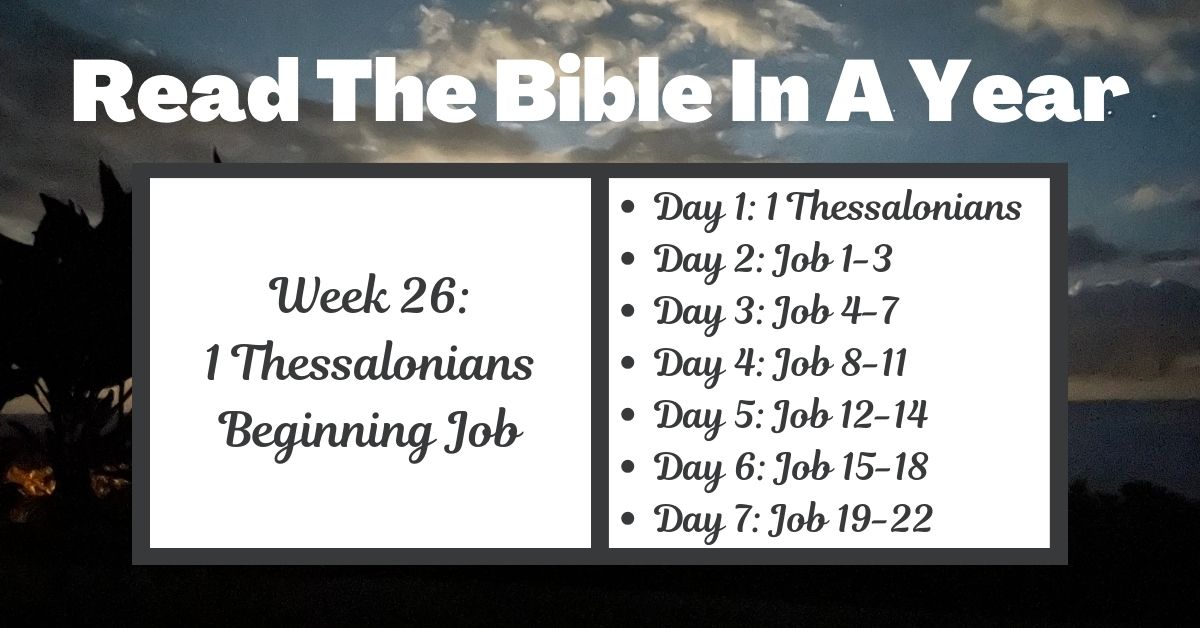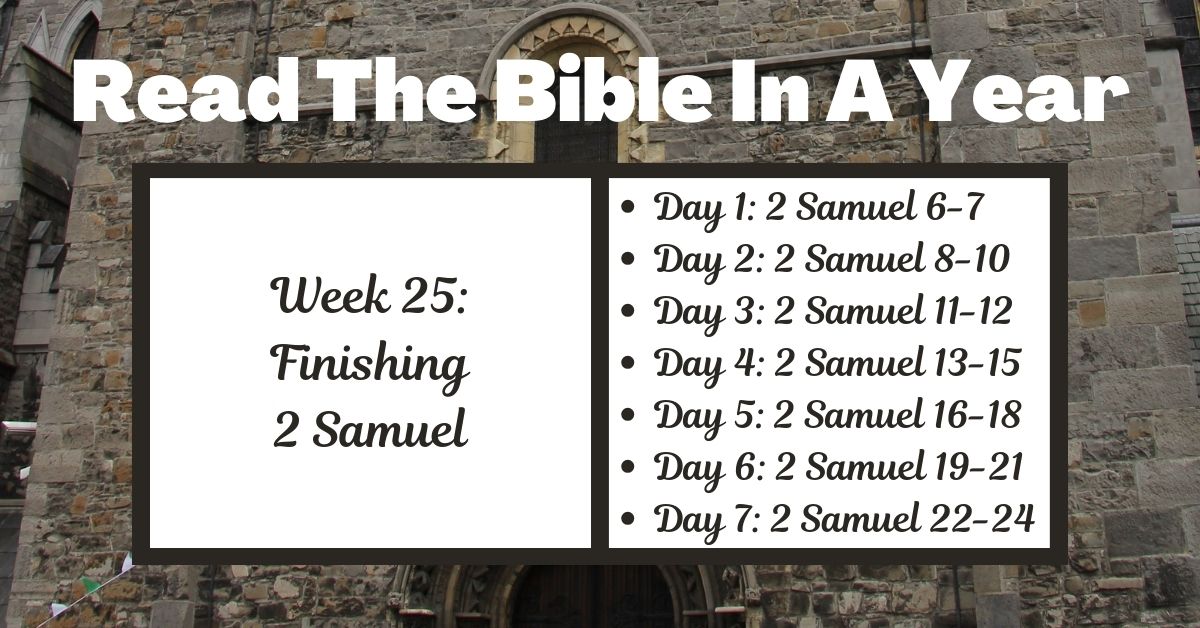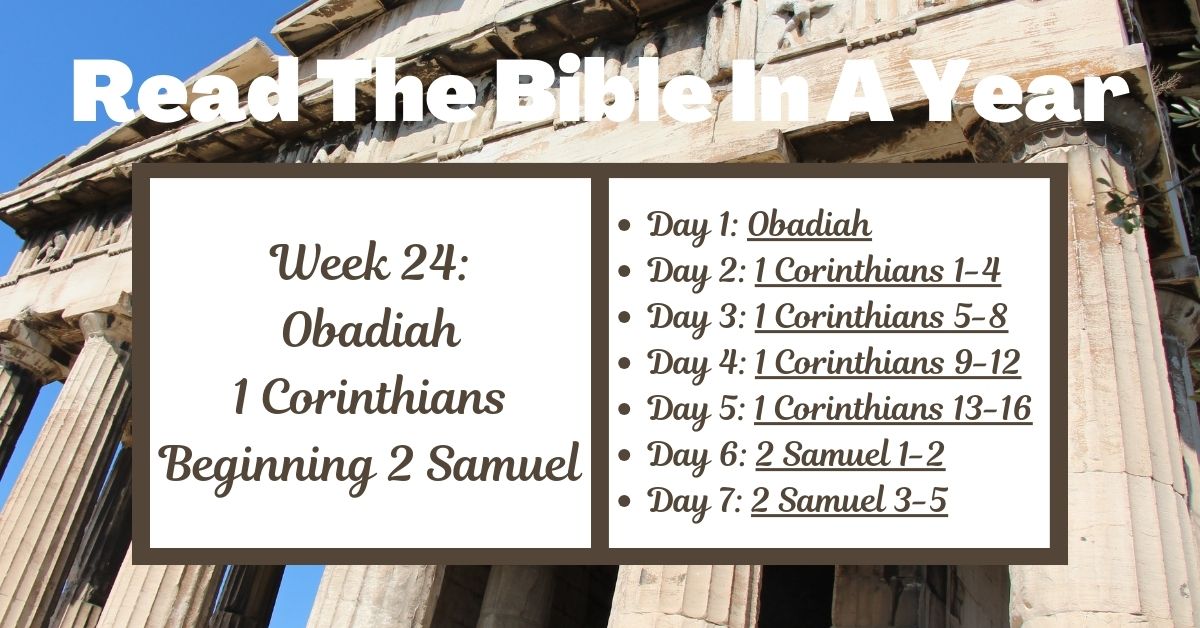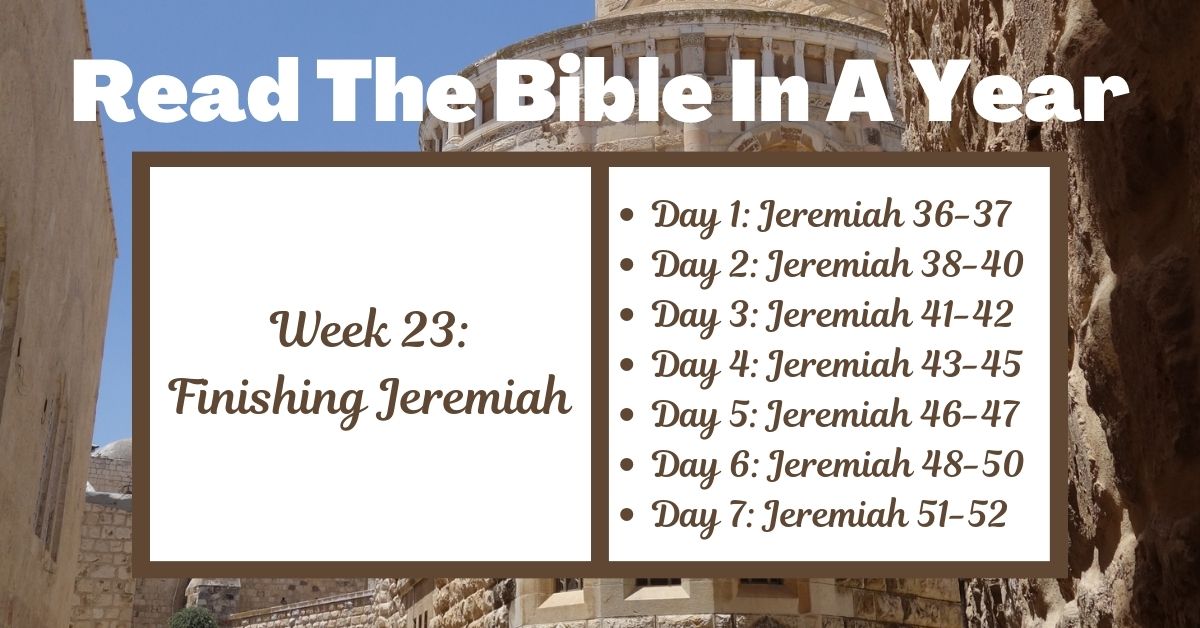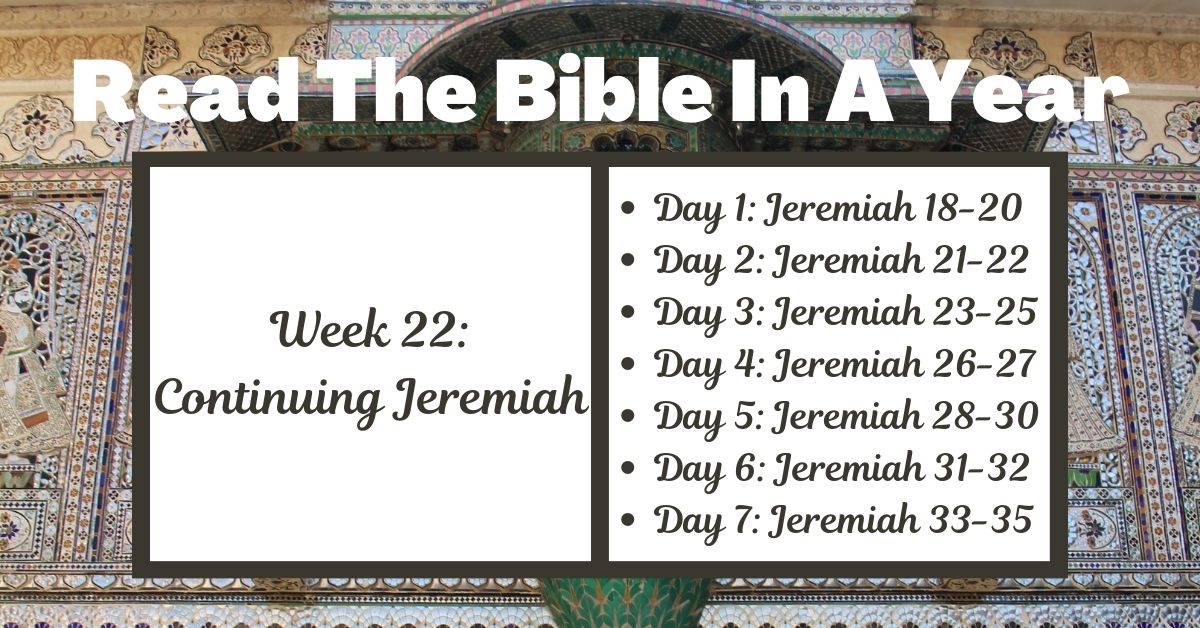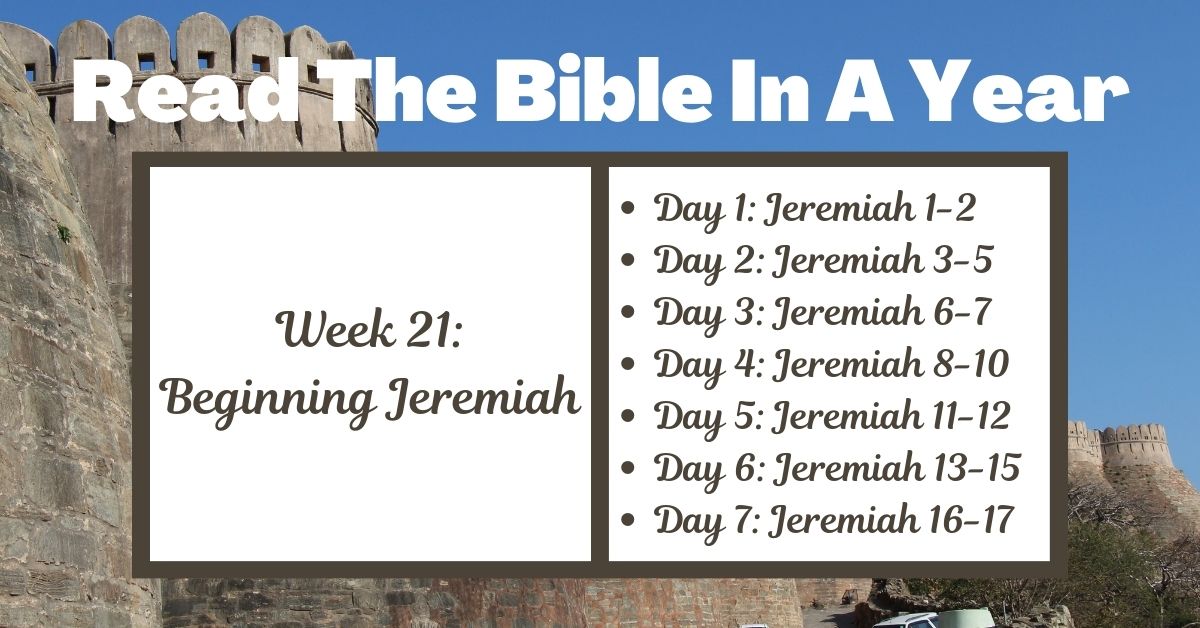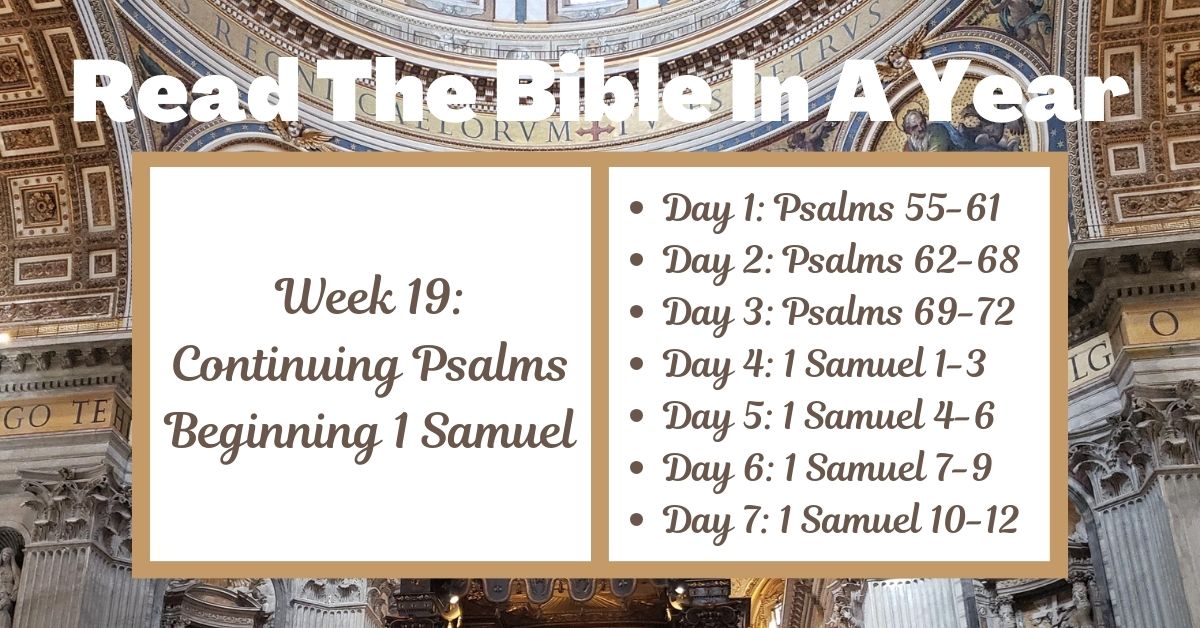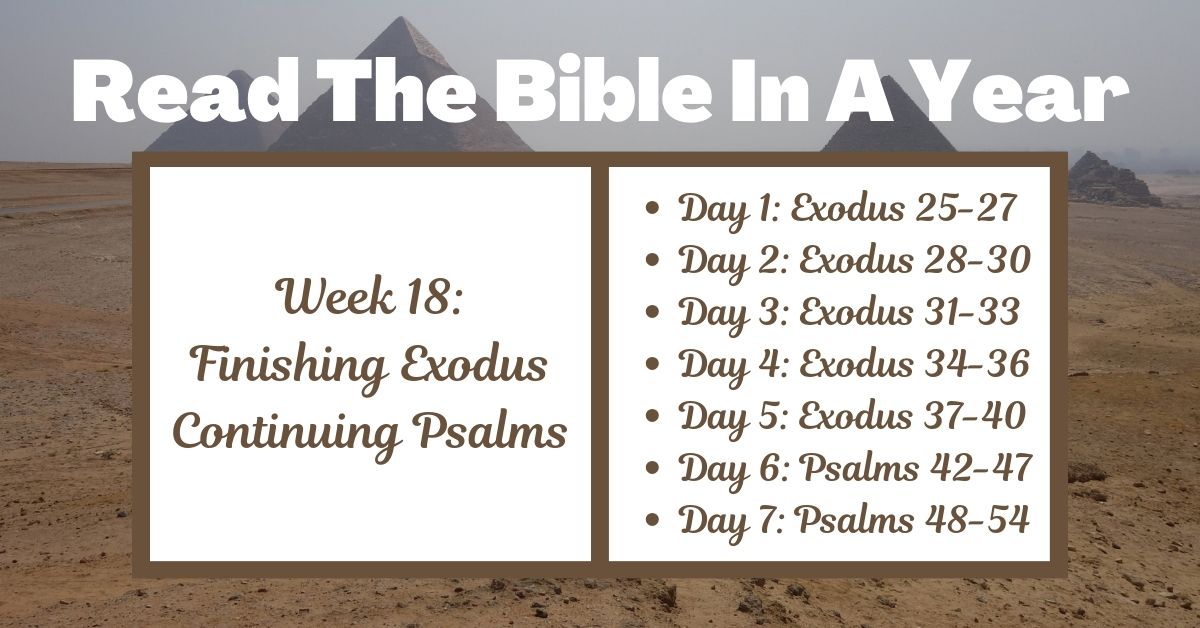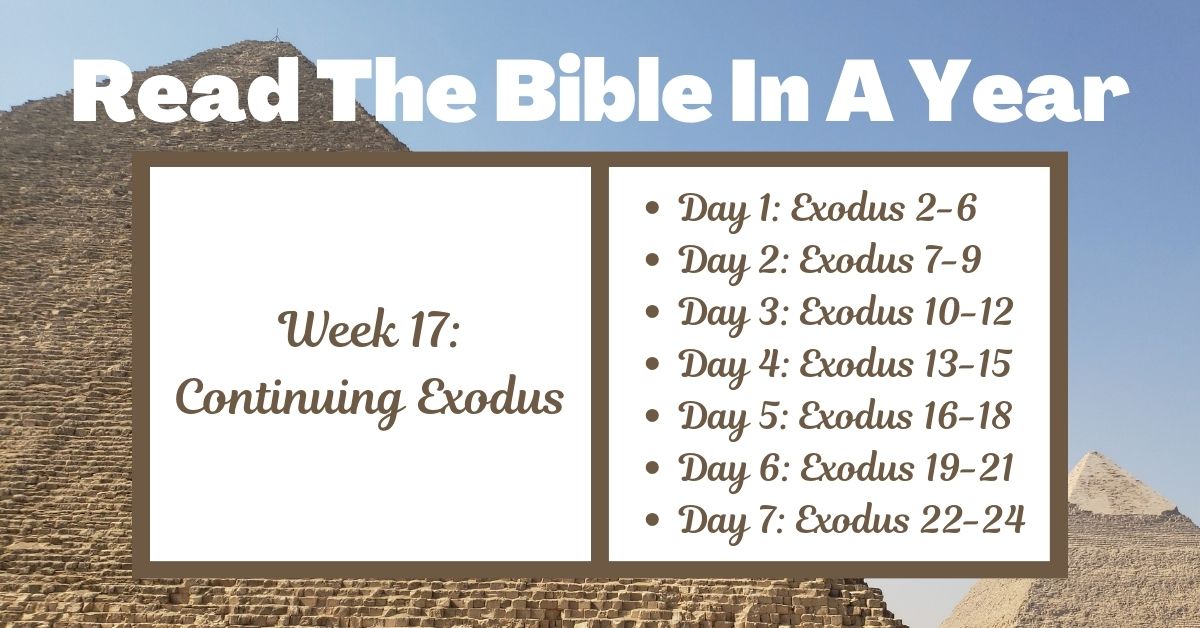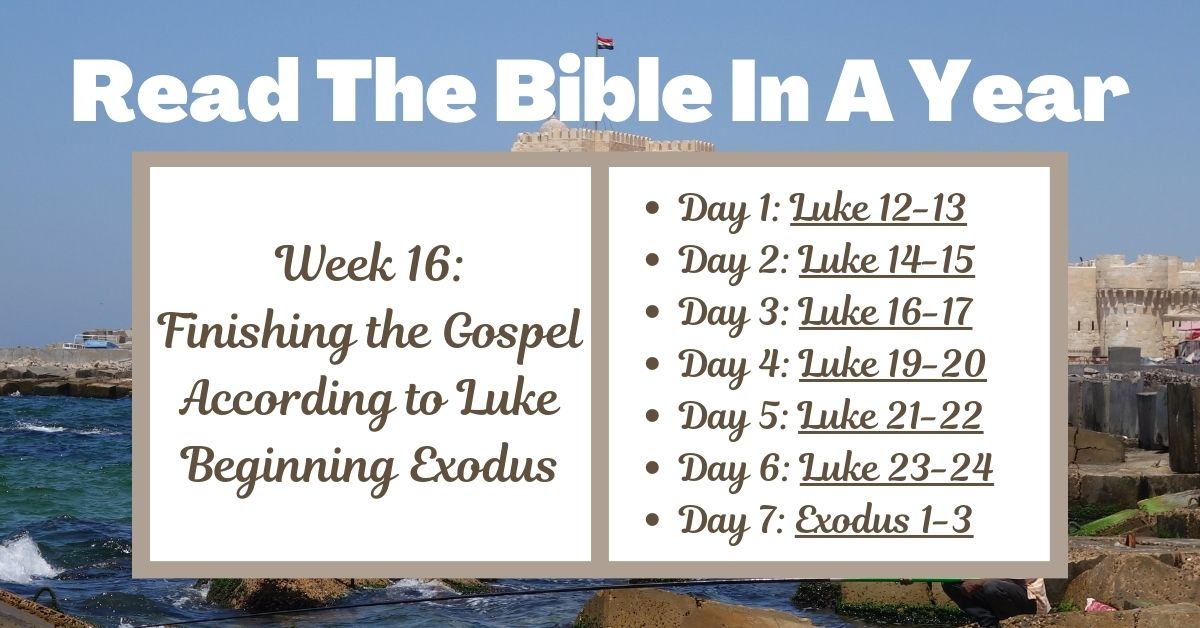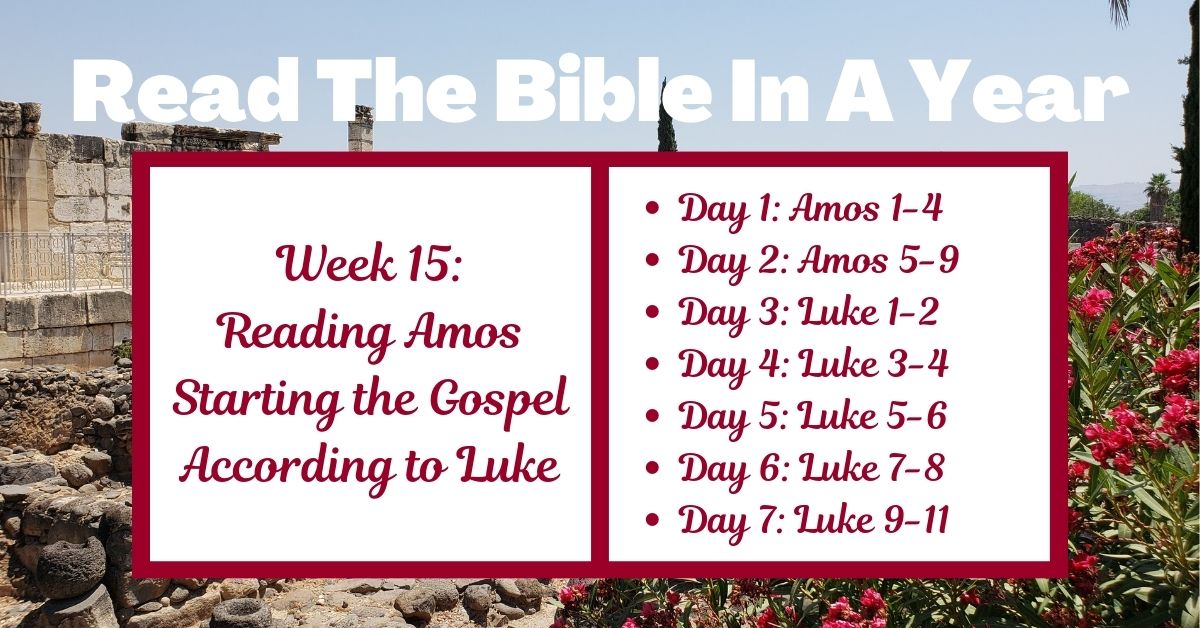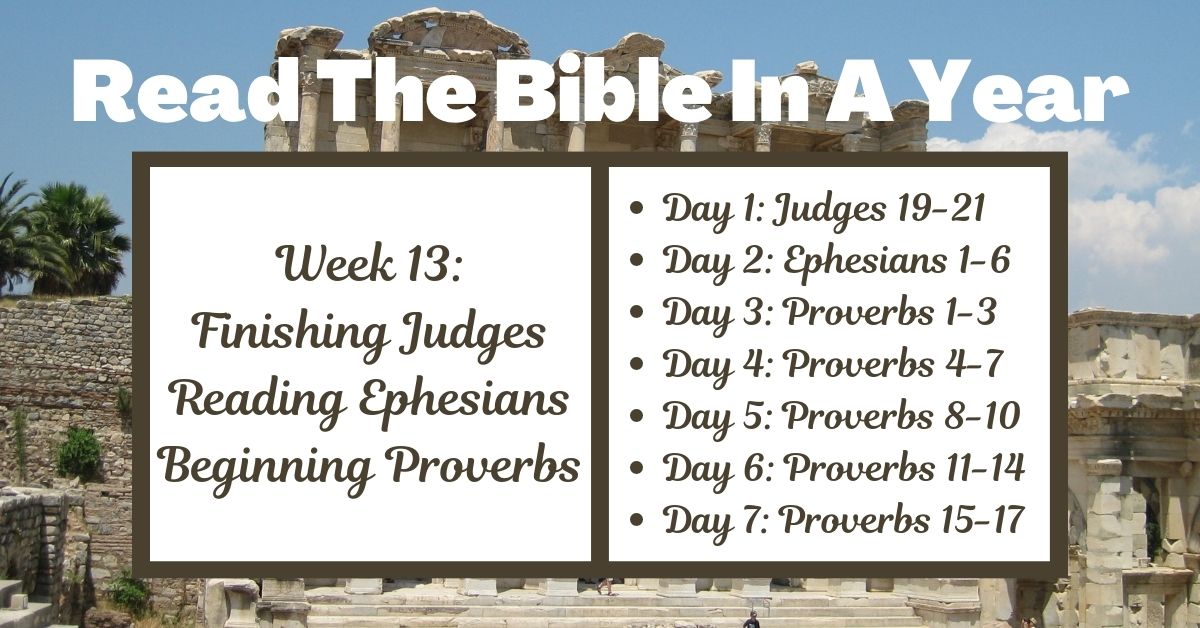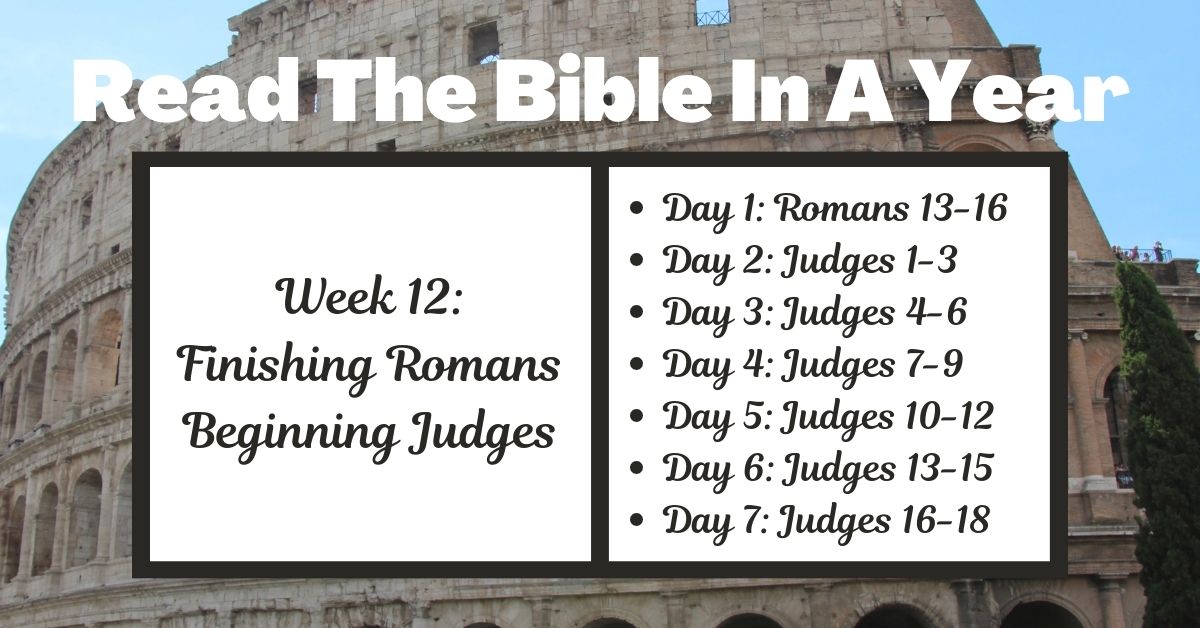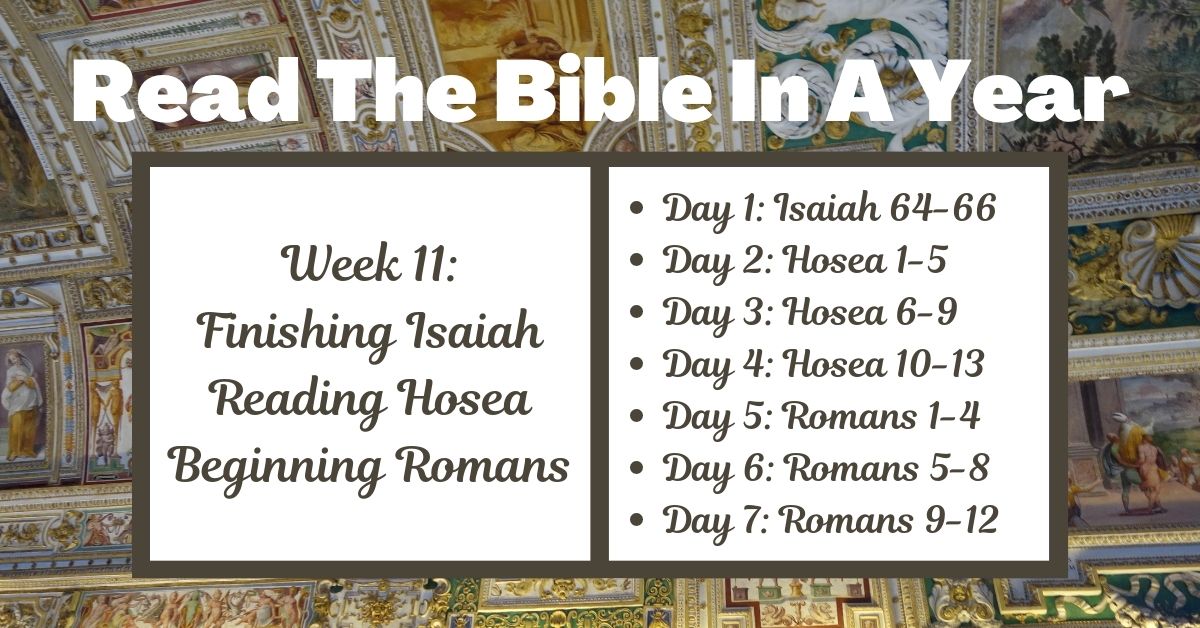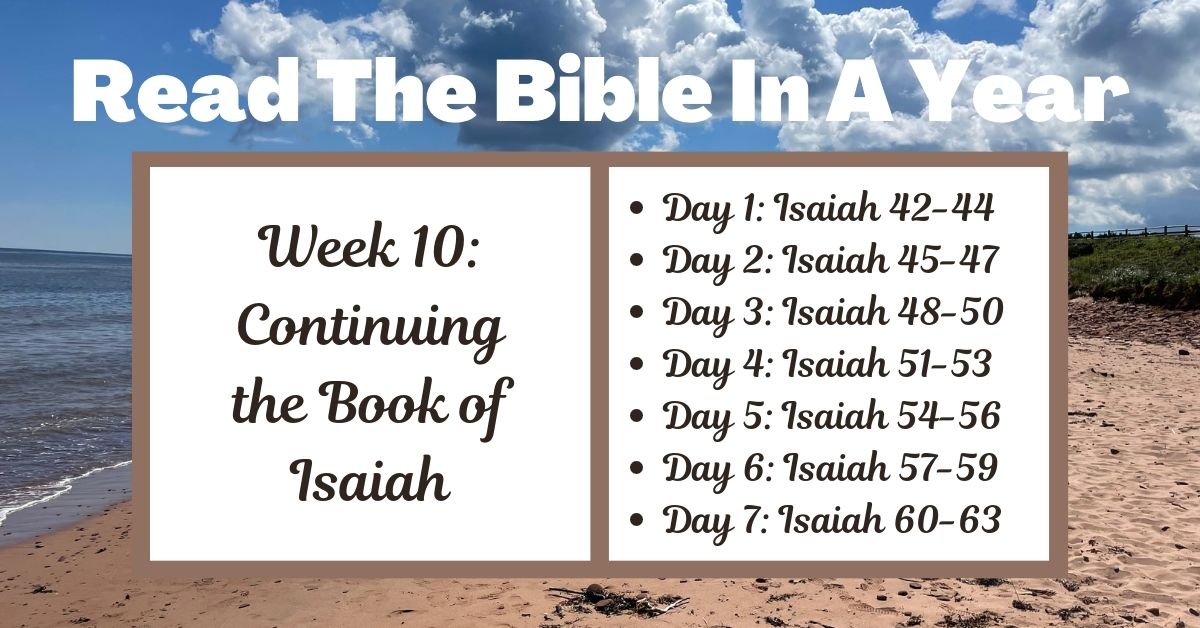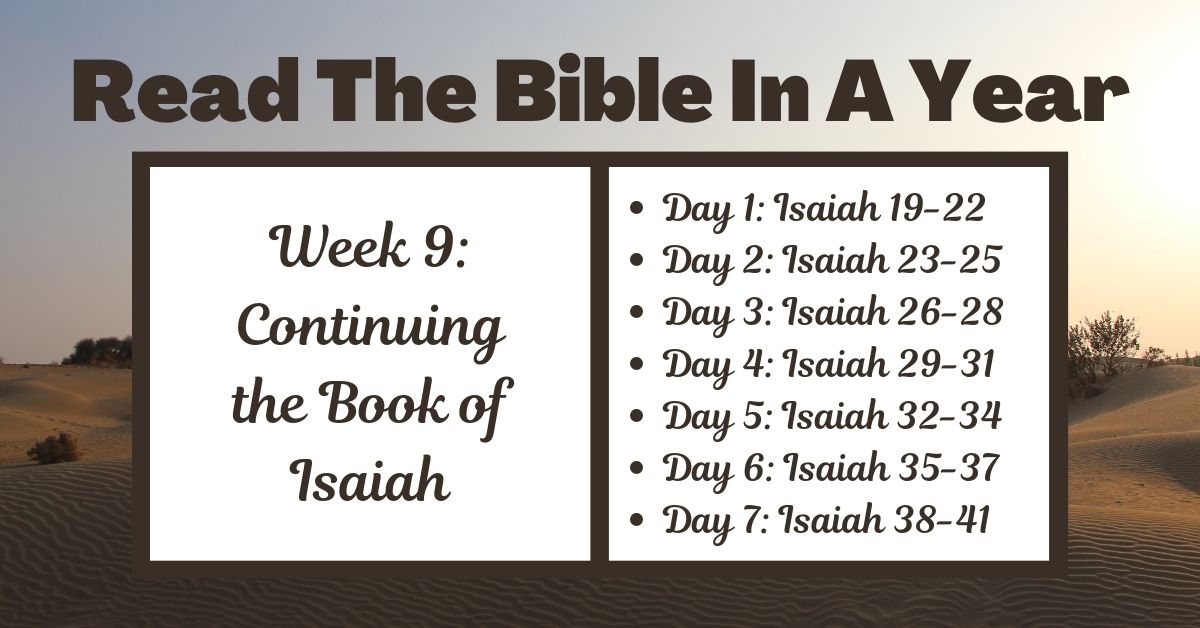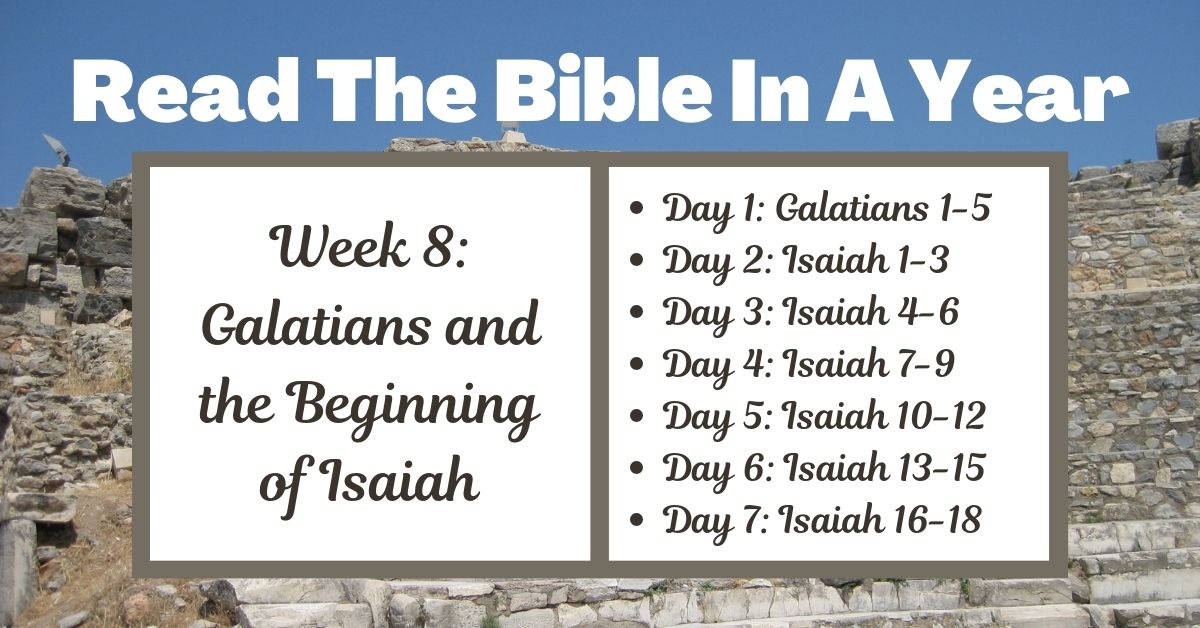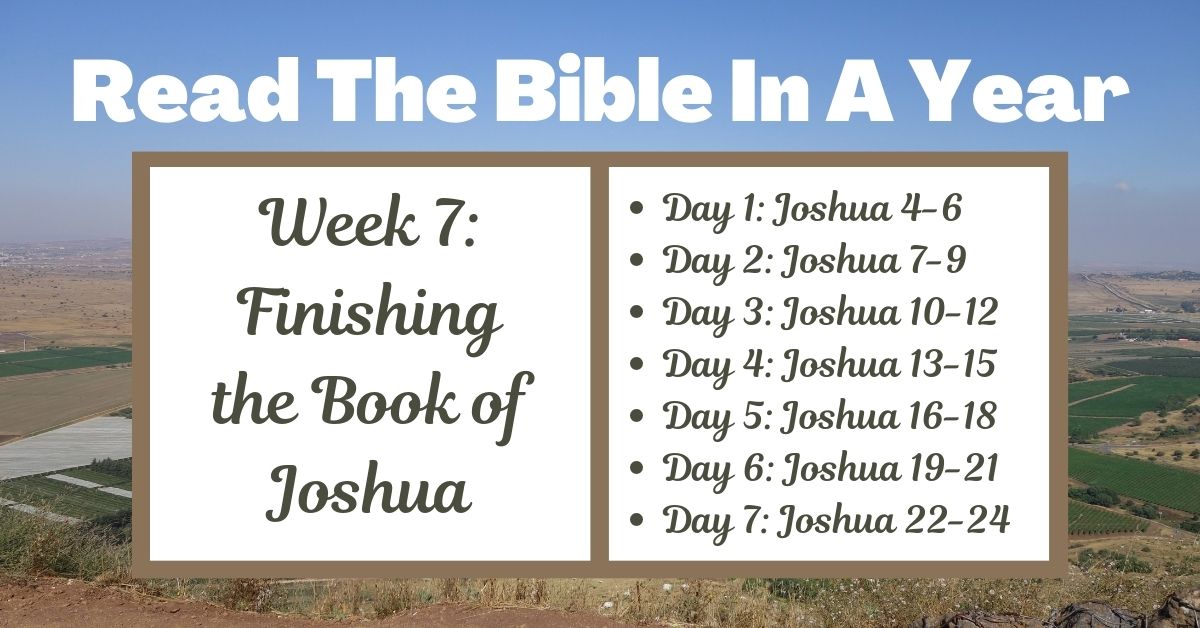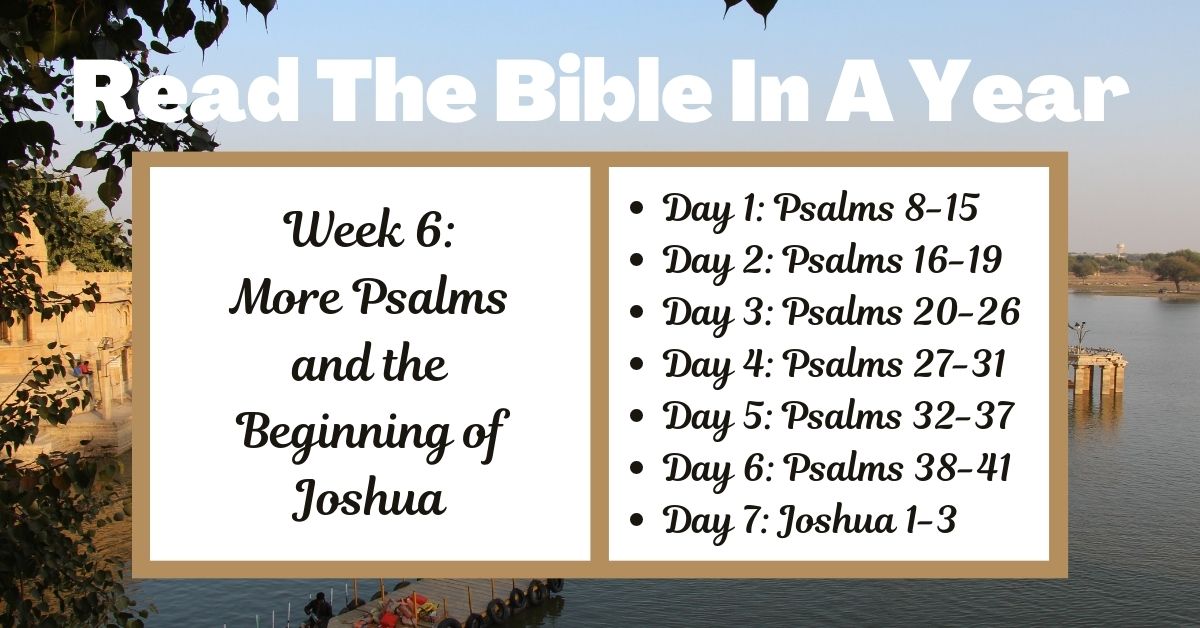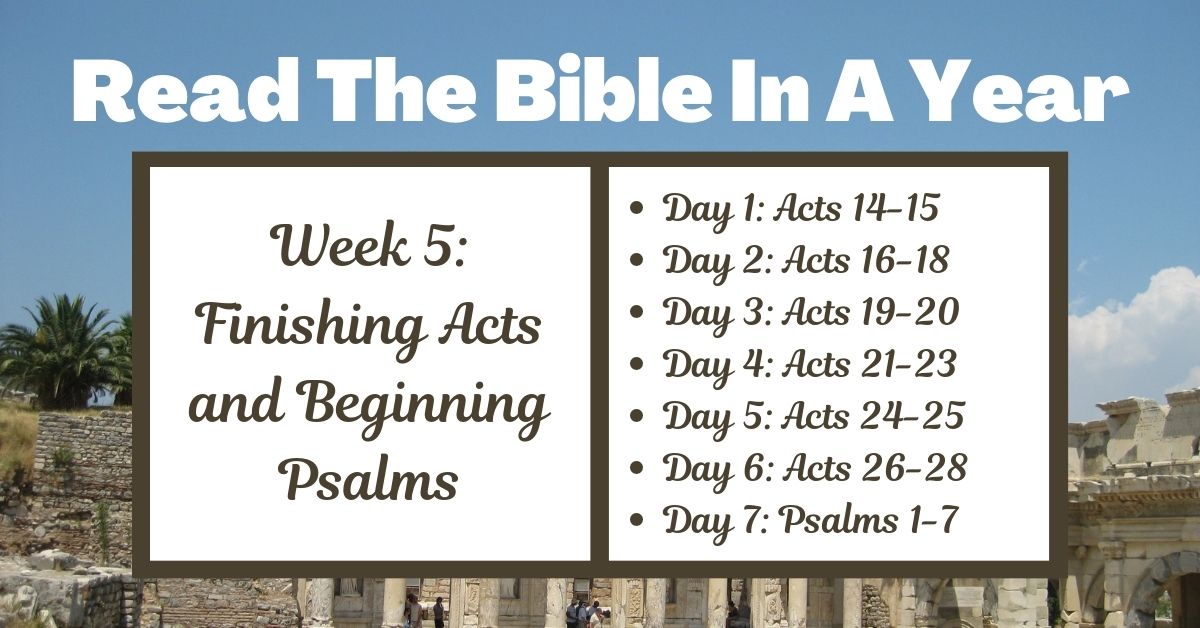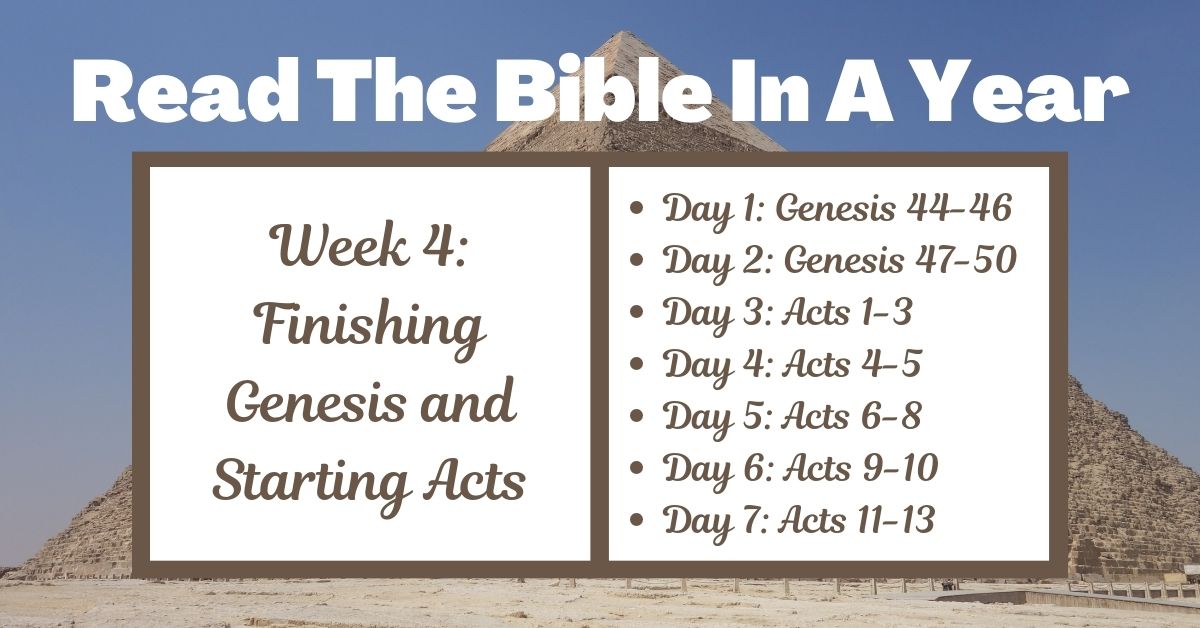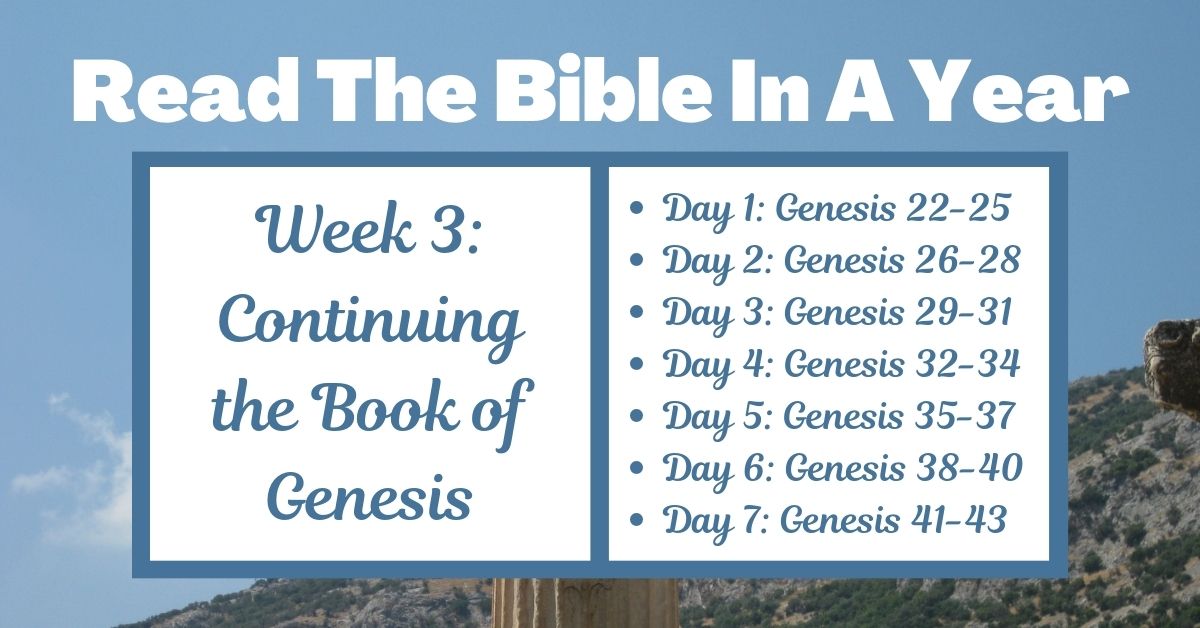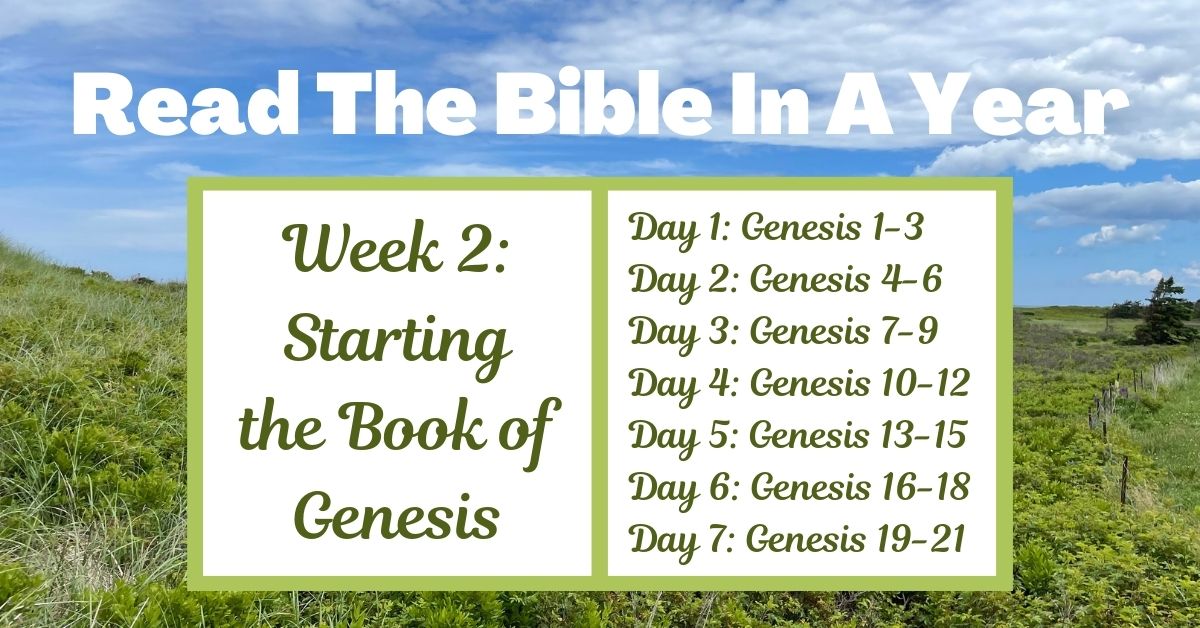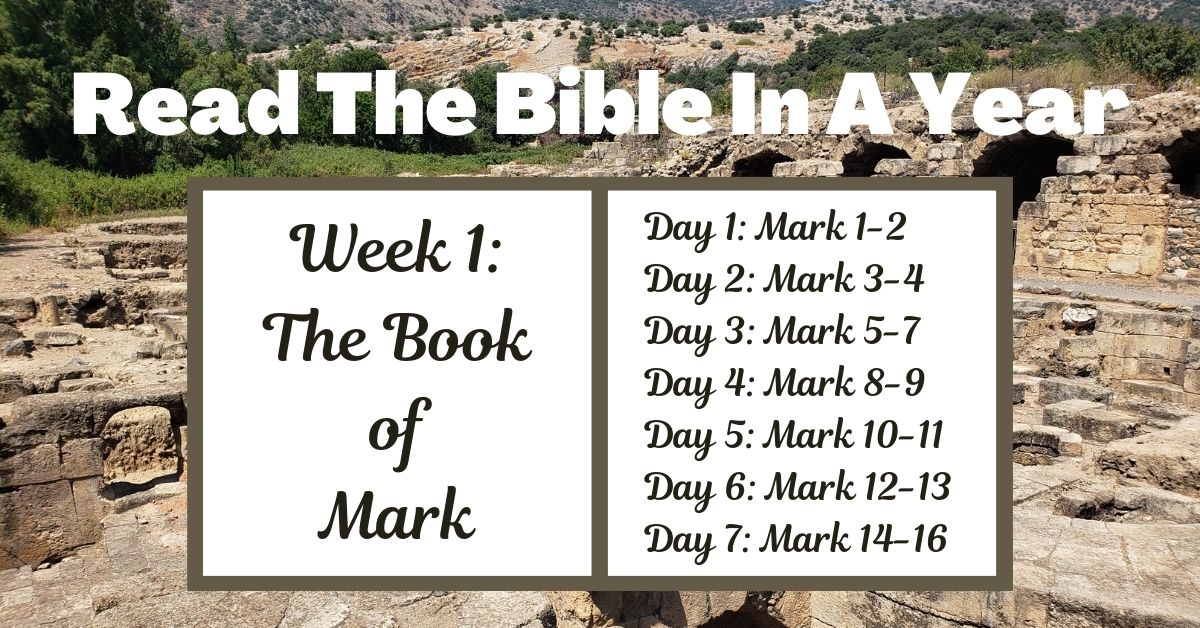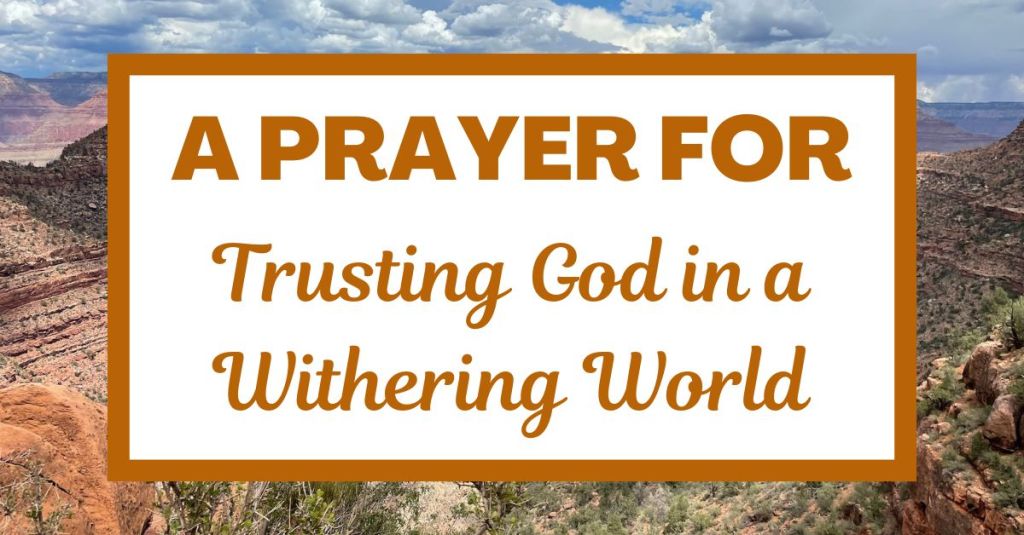This week’s journey through the Bible takes us on an intriguing path. We will complete the captivating book of 1 Samuel, diving into the stories of Saul, David, and Jonathan, each with distinct lessons in leadership and faith. As we transition from the historical narrative of 1 Samuel, we will venture into the epistle to the Colossians, addressing early church deceptions and the need for spiritual discernment. Join me in exploring the timeless wisdom and guidance within these texts, offering valuable insights into leadership, faith, and the unchanging truth of the gospel.
1 Samuel: Lessons in Leadership from Saul, David, and Jonathan
Last week, we saw God’s path to establish Samuel as prophet and leader of the people, their rejection of God’s chosen leader in favor of a king, and the anointing of Saul as Israel’s first monarch. The narrative unfolds with Saul relying on his own strength and understanding rather than God’s guidance, ultimately leading to God’s selection of David as his successor. Saul’s reaction to this choice is one of discontent, sparking a cycle of fear and jealousy that prompts repeated attempts to eliminate David and make his life miserable. It might be expected that Saul’s son, Jonathan, would share these sentiments, but instead, we see him embracing God’s will and forming a deep friendship with David. The events in 1 Samuel offer valuable lessons through the actions and thoughts of Saul, Jonathan, and David. The book’s conclusion witnesses Saul’s downfall, paving the way for David’s ascent to the throne.
Read: More Blog Posts from 1 Samuel
Colossians: Deceptions in the Early Church
Transitioning away from 1 Samuel, we will cap off the week by reading the entire book of Colossians. This epistle, written by Paul while he was incarcerated in Rome, addresses concerns he received about the church in Colossae falling prey to deception propagated by false teachers. This problem, prevalent in the early church, remains relevant today. In the case of the Colossians, Gnosticism had started to infiltrate the congregation, prompting Paul to redirect their focus to the gospel and impart specific teachings that would help them distinguish truth from falsehood. Paul emphasizes that the Holy Spirit will guide believers to comprehend the person of Jesus, the significance of his death and resurrection, and the necessity of pursuing godly wisdom and understanding.
As we consider the contemporary challenges of how conflicting teachings and beliefs are finding their way into the church, it is crucial to discern these influences and consistently steer back to the gospel. This is much easier said than done, but it remains of utmost importance!
Read: More Blog Posts from Colossians
Flexible Plan: Reading for Week 20
If you are following the flexible plan for reading the Bible in a year, here is your reading assignment. You can break up the reading however you like throughout the week!
- Passage 1: 1 Samuel 13-31
- Passage 2: Colossians 1-4
Printable Resource: Bible in a Year Reading Plan: Weekly Assignments
7-Day Reading Assignment: Week 20
If you like to be more organized, the weekly assignment can be broken into seven sections:
- Day 1: 1 Samuel 13-15
- Day 2: 1 Samuel 16-18
- Day 3: 1 Samuel 19-21
- Day 4: 1 Samuel 22-24
- Day 5: 1 Samuel 25-27
- Day 6: 1 Samuel 28-31
- Day 7: Colossians 1-4
Printable Resource: Bible in a Year Reading Plan: Daily Assignments
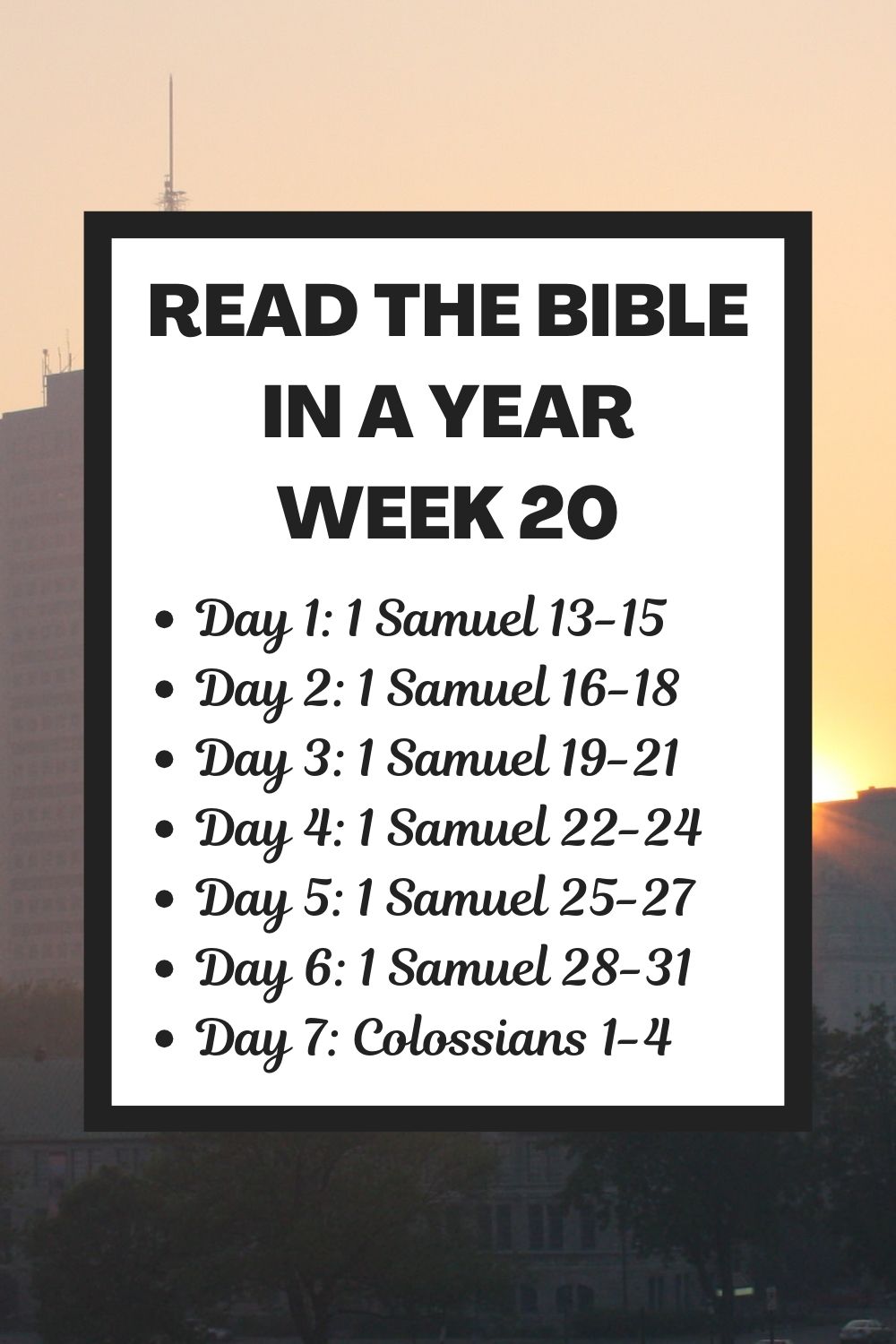
5-Day Reading Assignment: Week 20
Or if you know that you are likely to miss a day or two of reading, the weekly assignment can be broken into five sections:
- Day 1: 1 Samuel 13-16
- Day 2: 1 Samuel 17-21
- Day 3: 1 Samuel 22-26
- Day 4: 1 Samuel 27-31
- Day 5: Colossians 1-4
Printable Resource: Bible in a Year Reading Plan: 5 Days/Week Assignments
Related Resources
Visit the Joyful Moments in Christ homepage for all posts, or scroll through other blog posts related to reading the Bible in a year:
